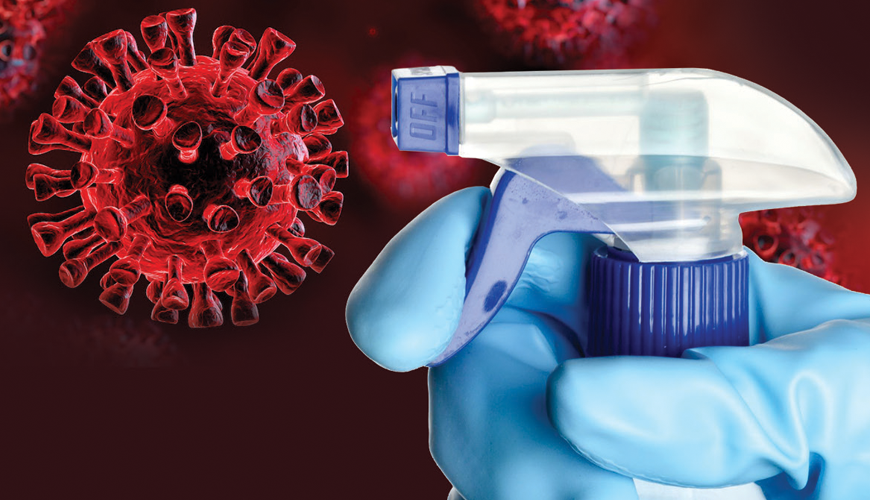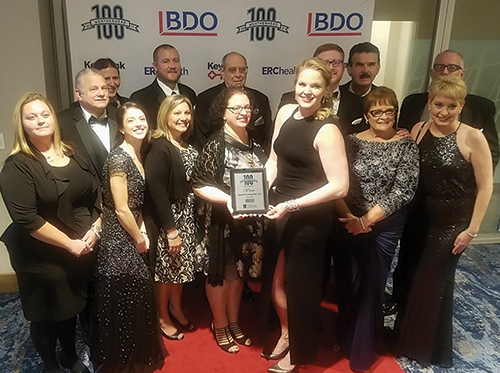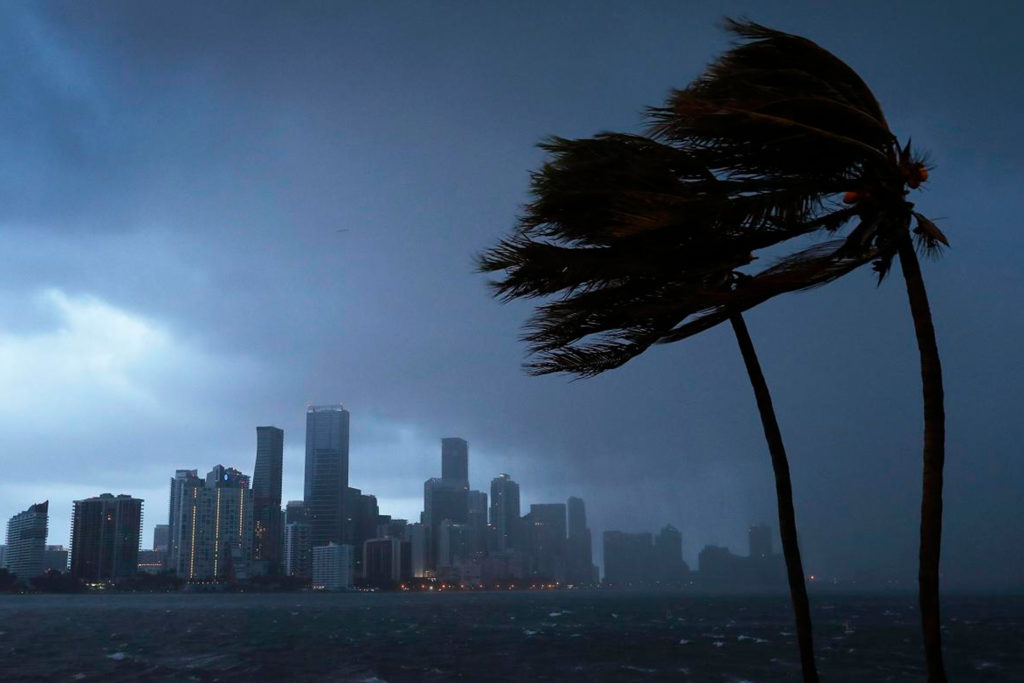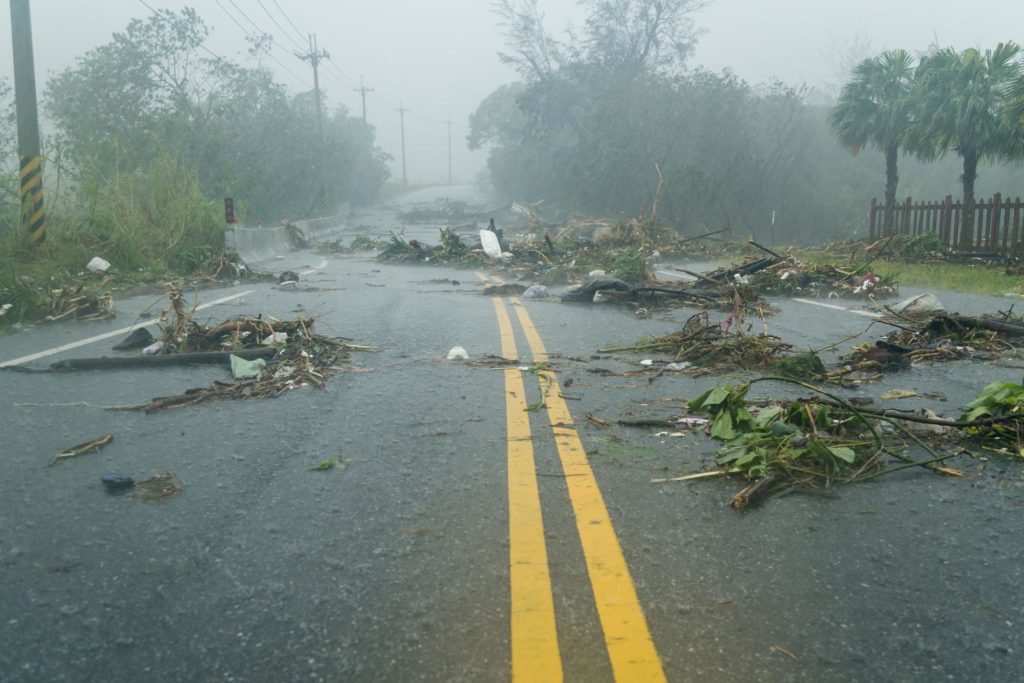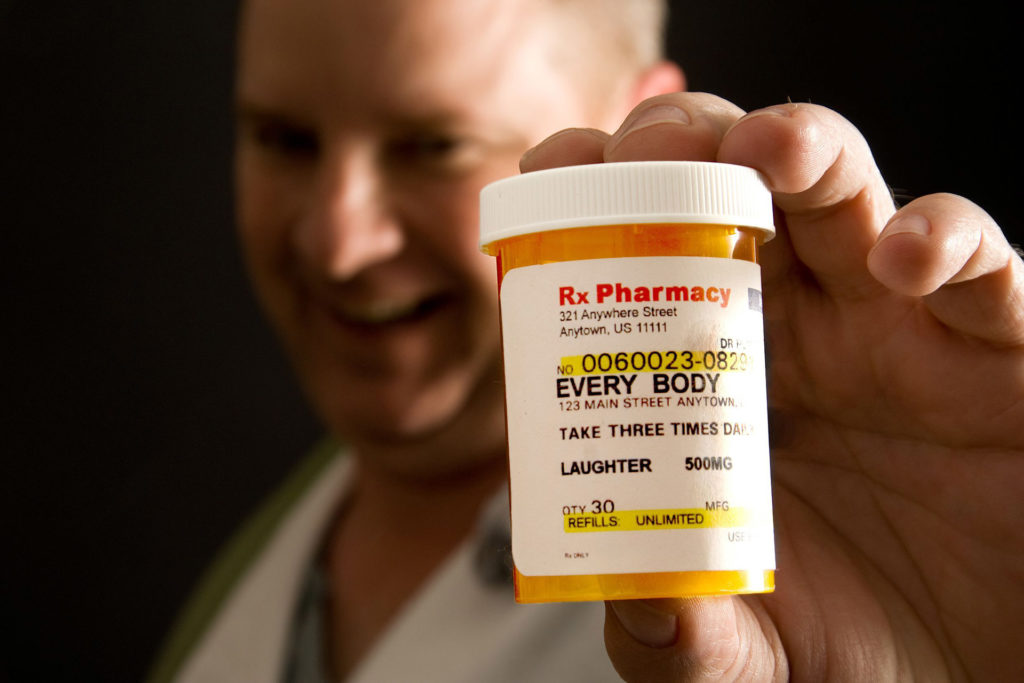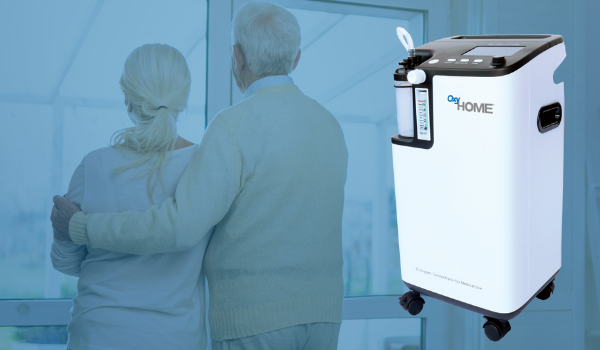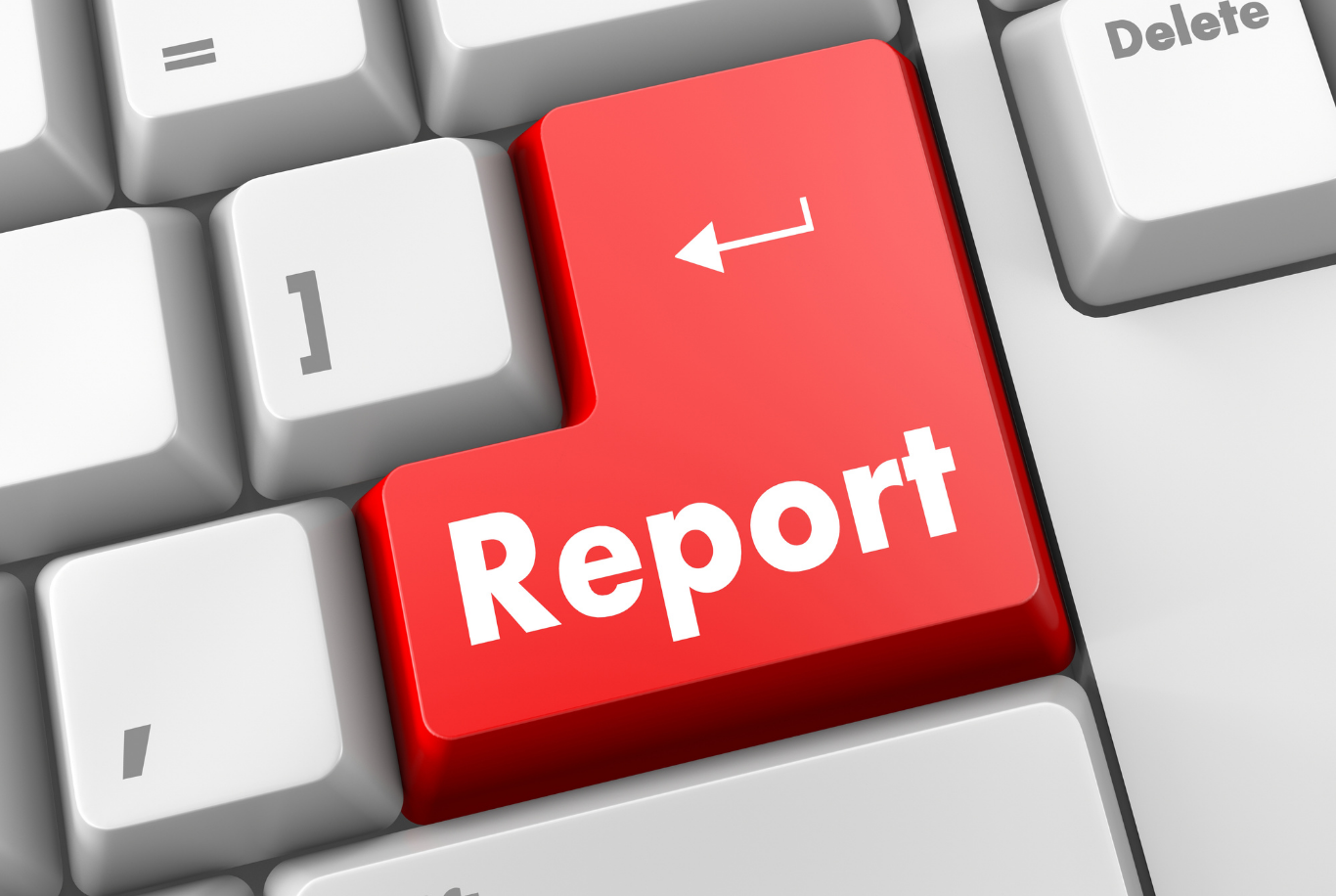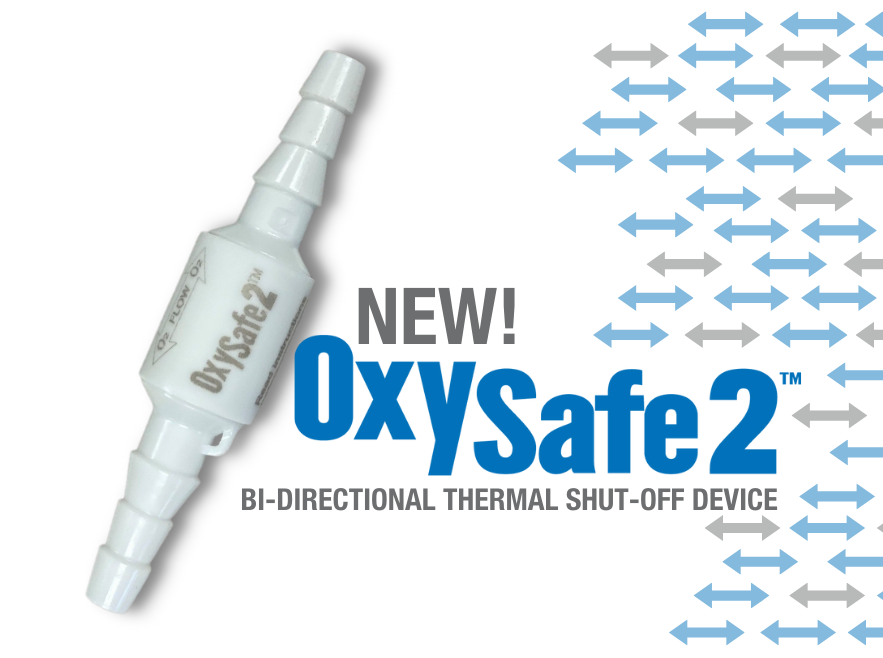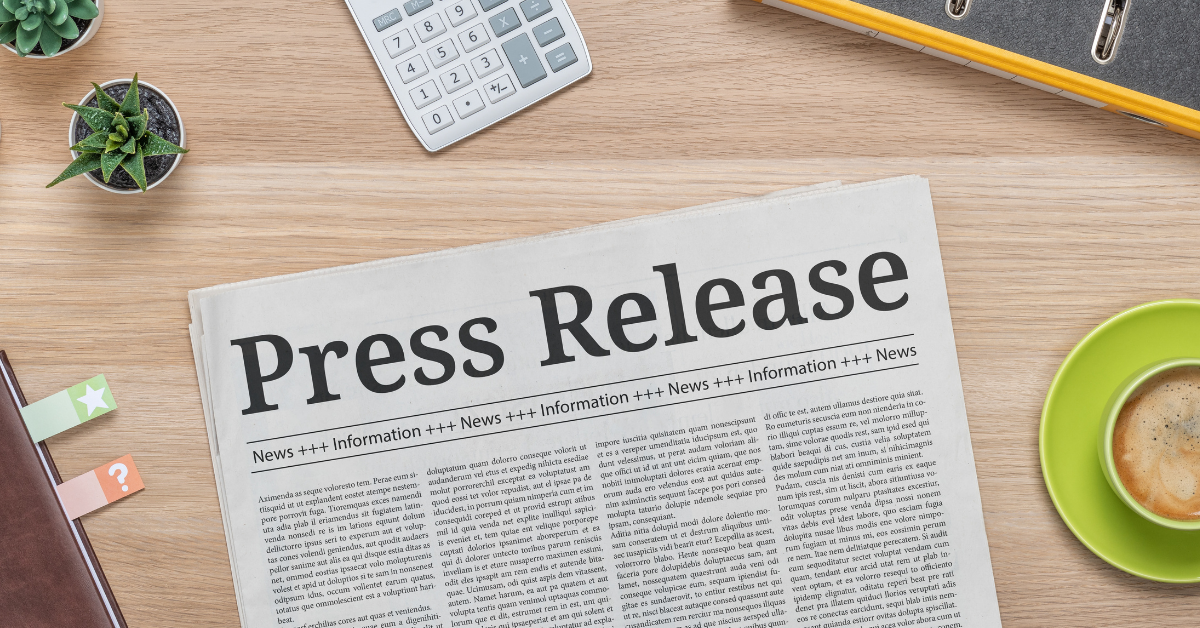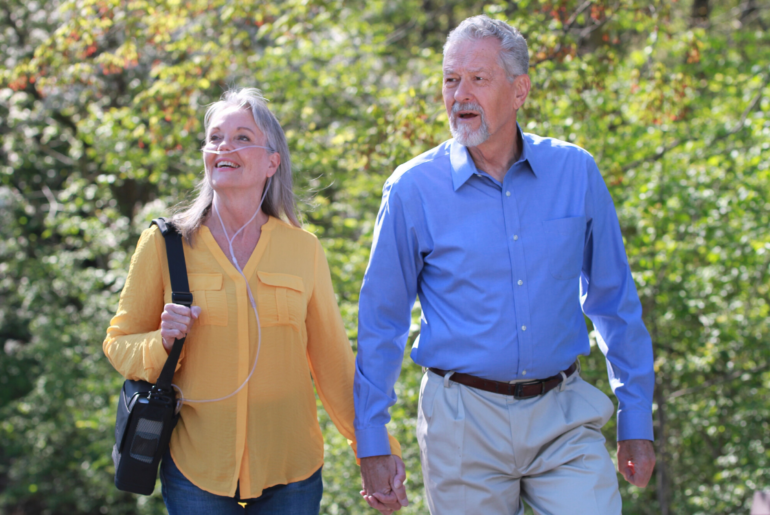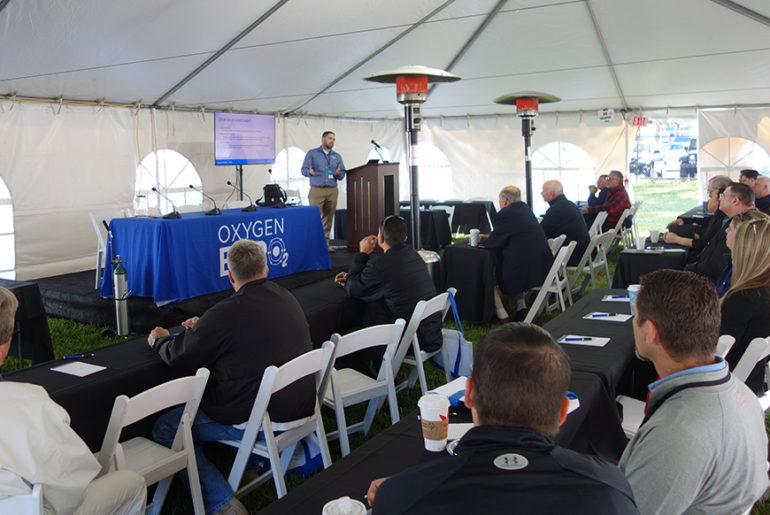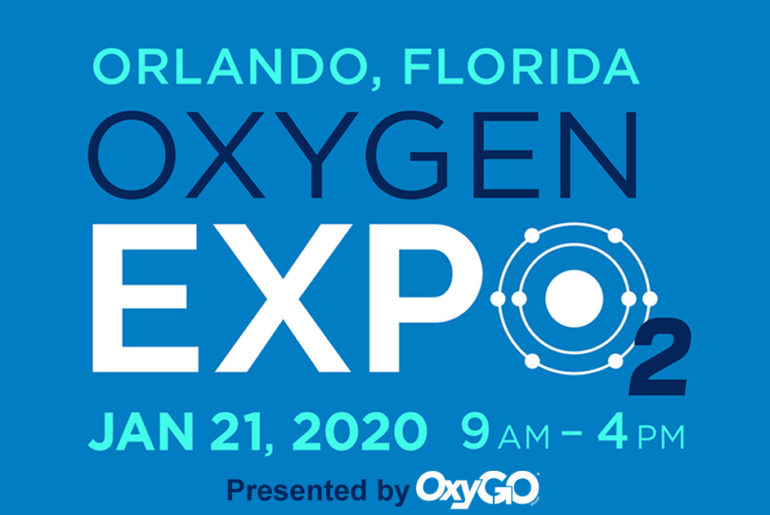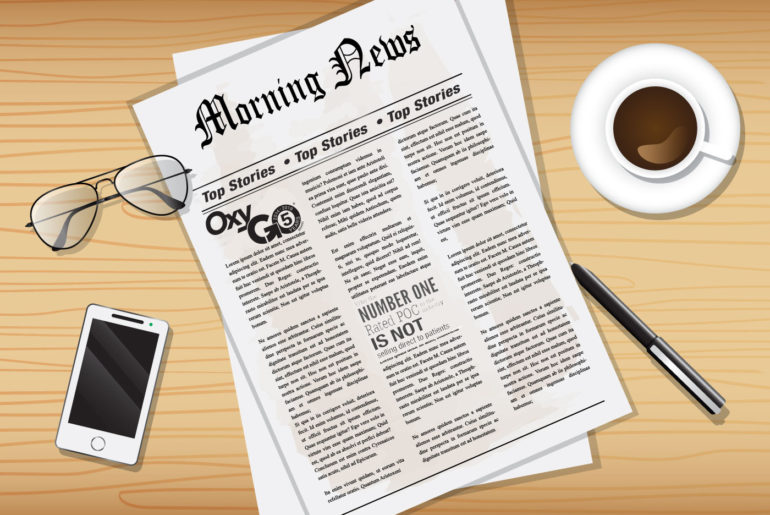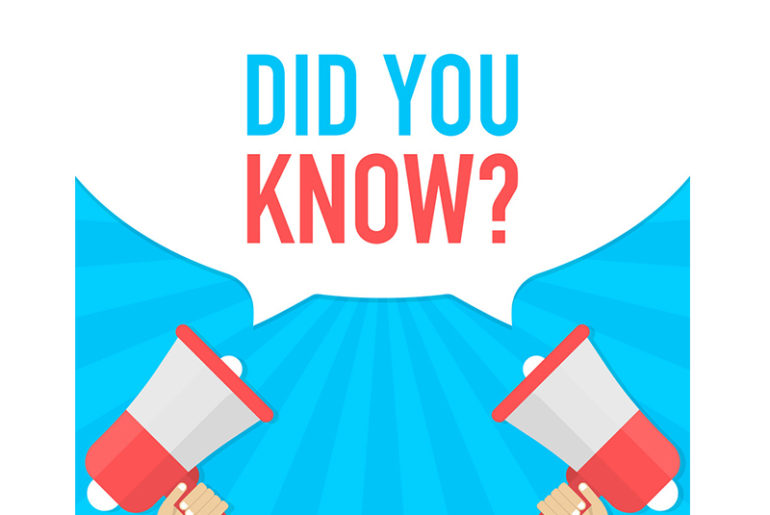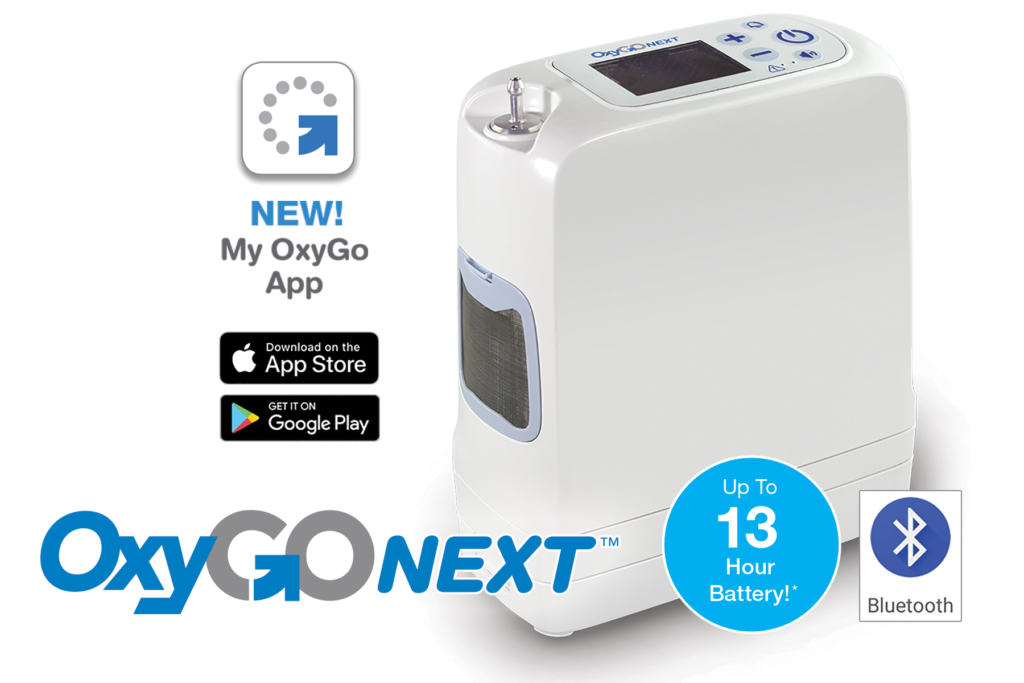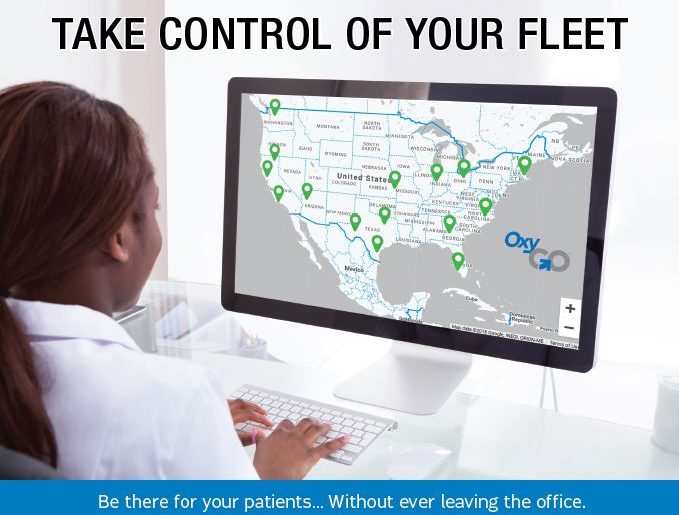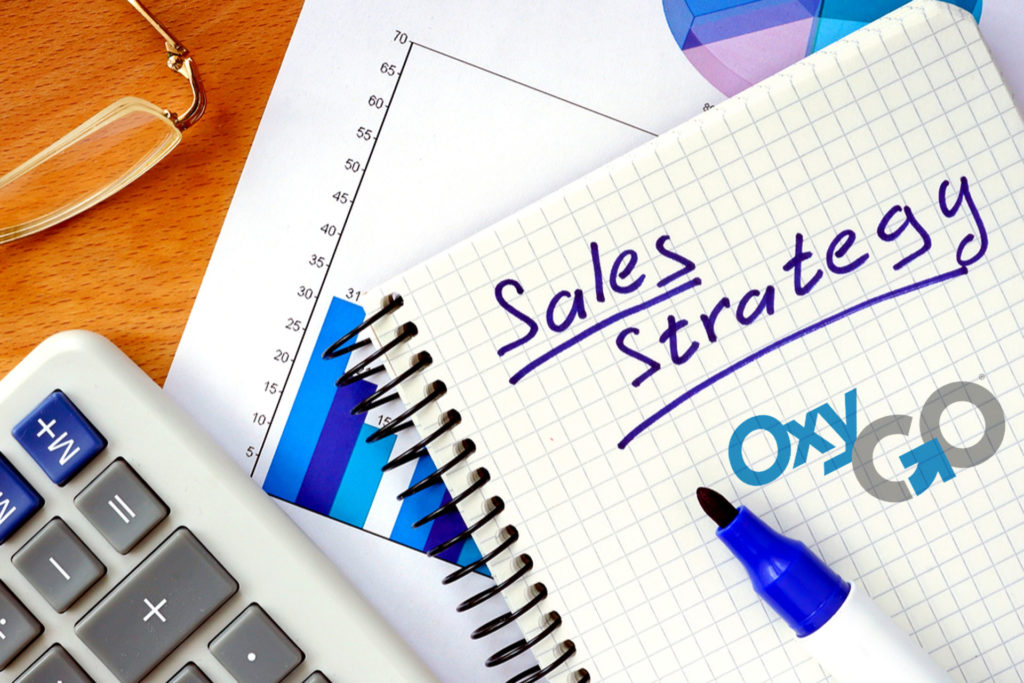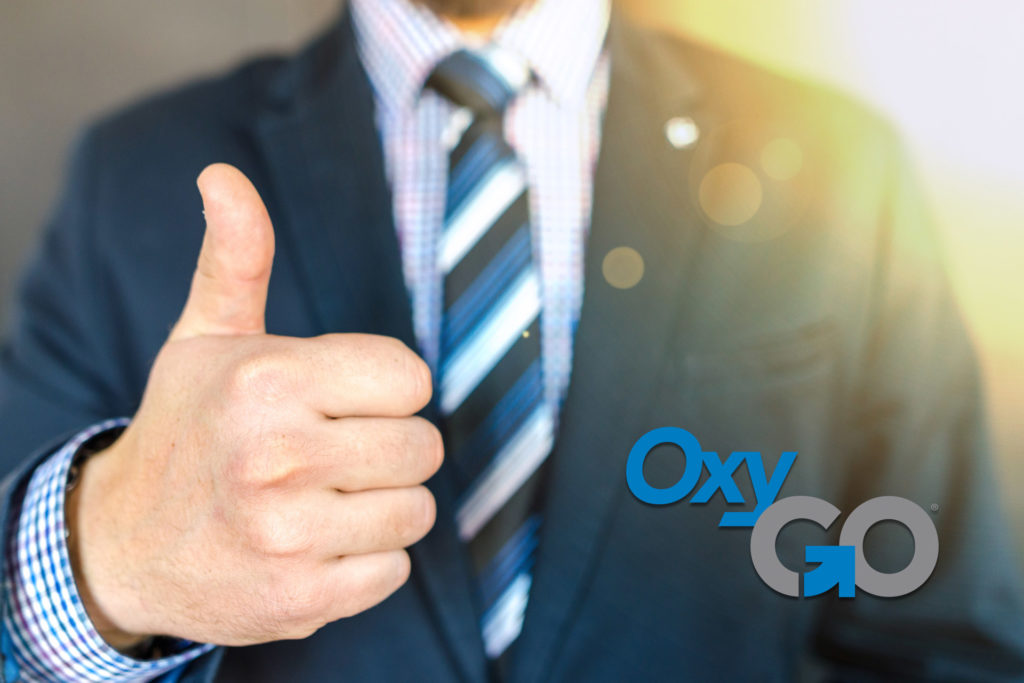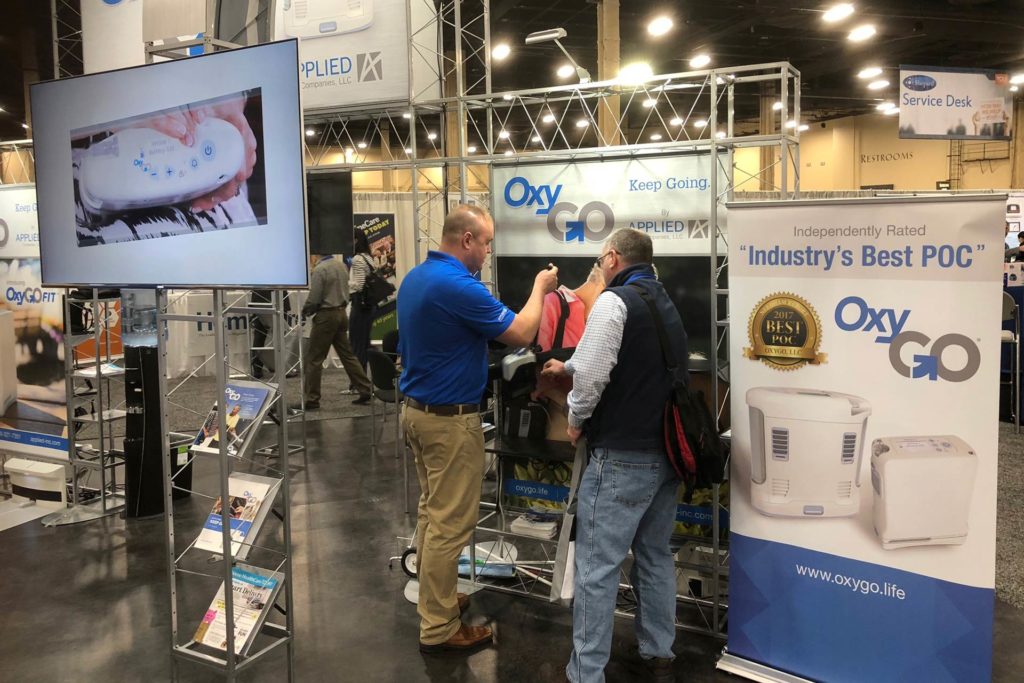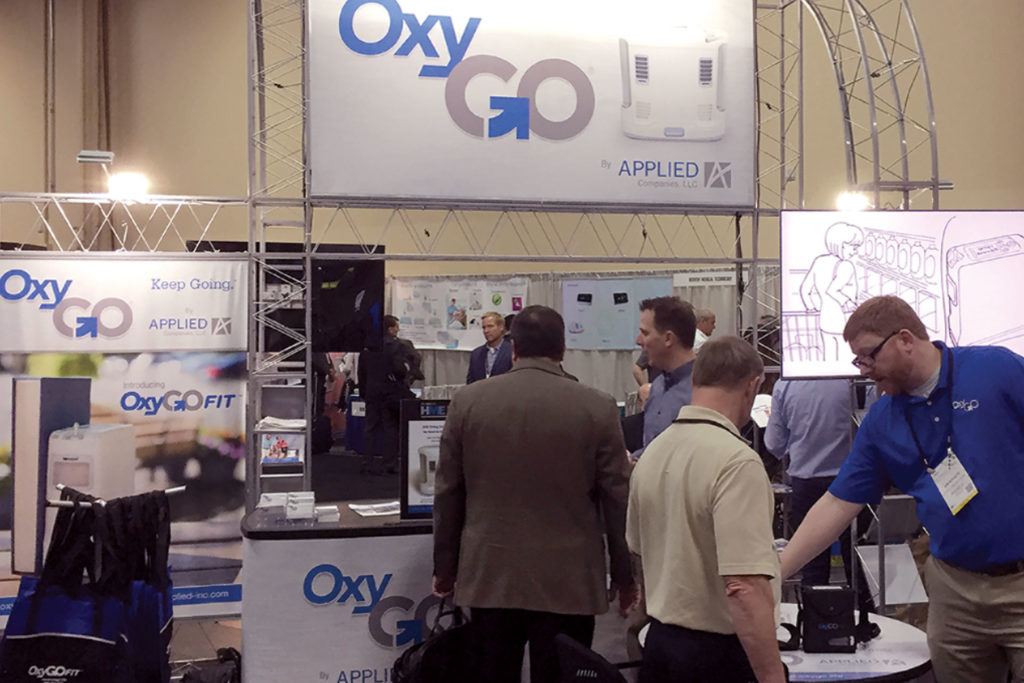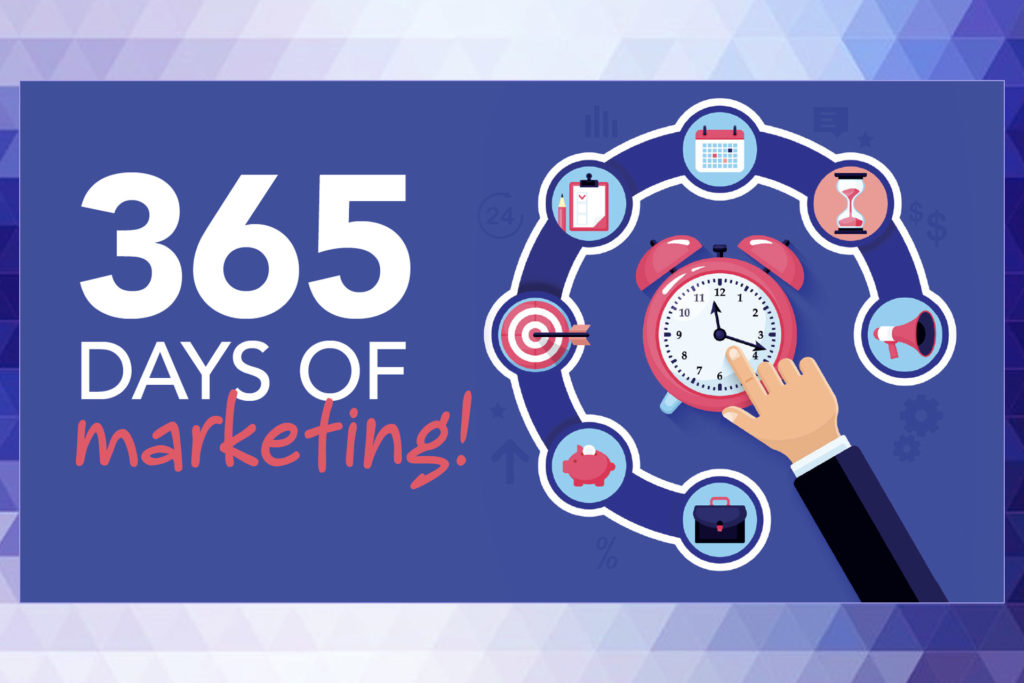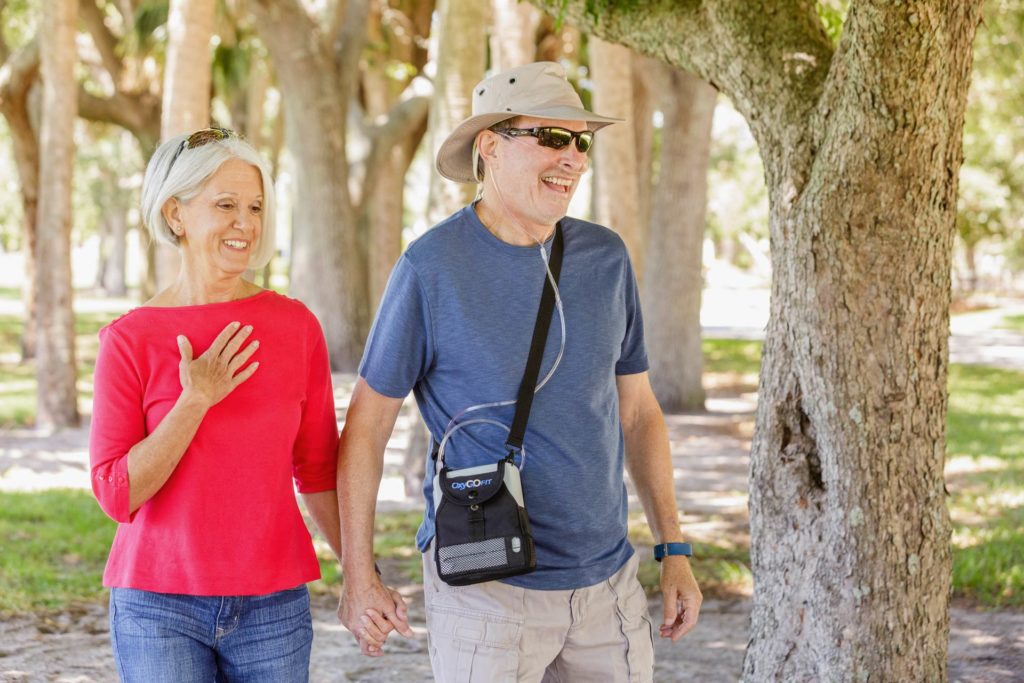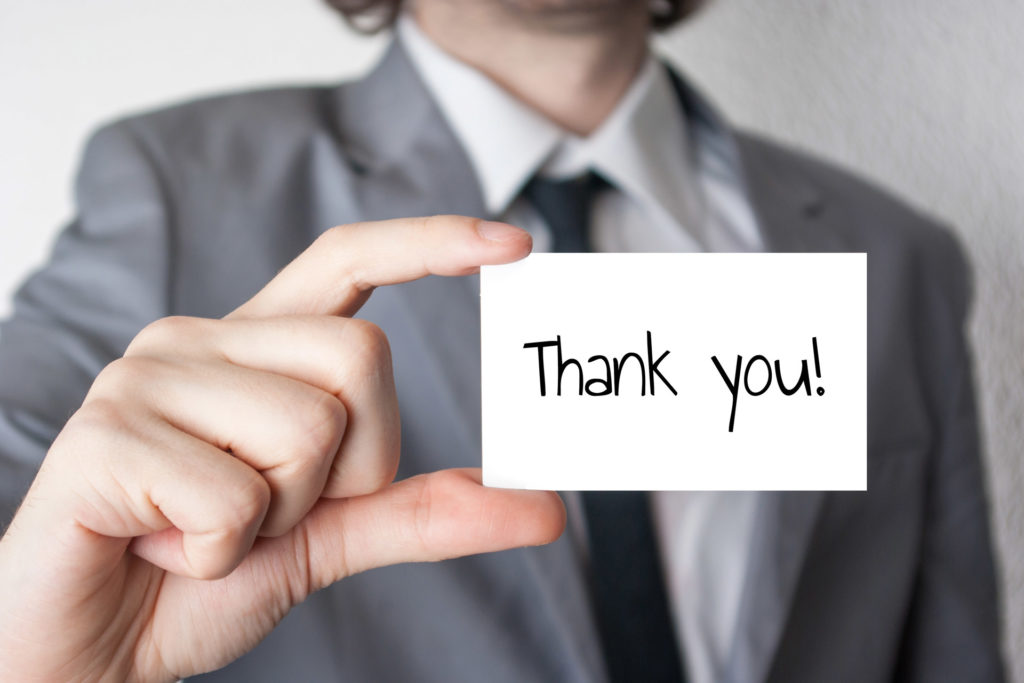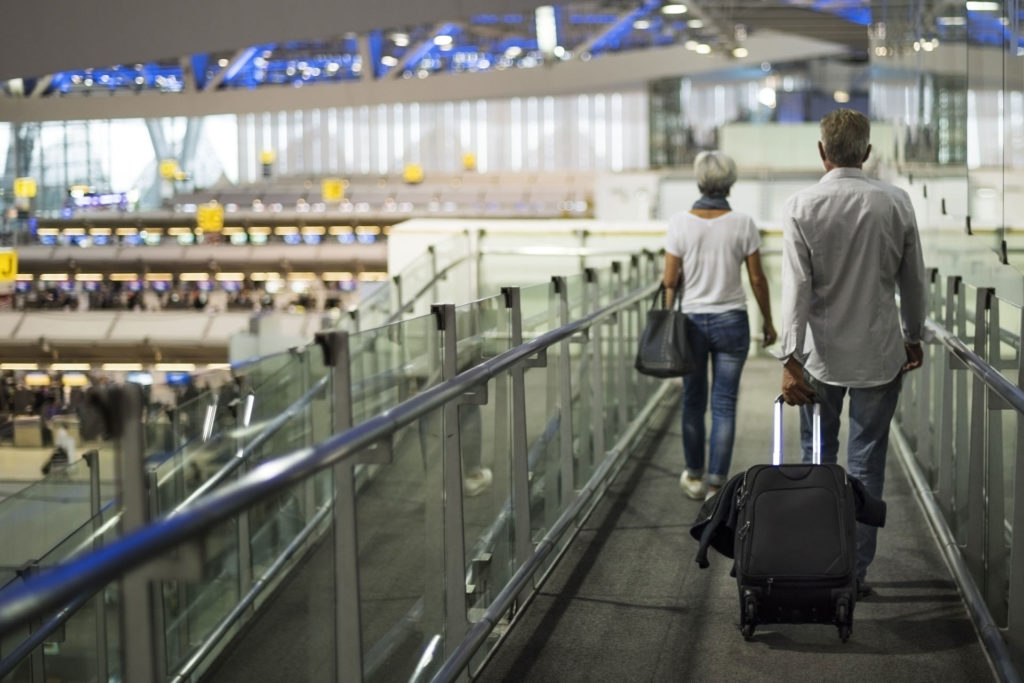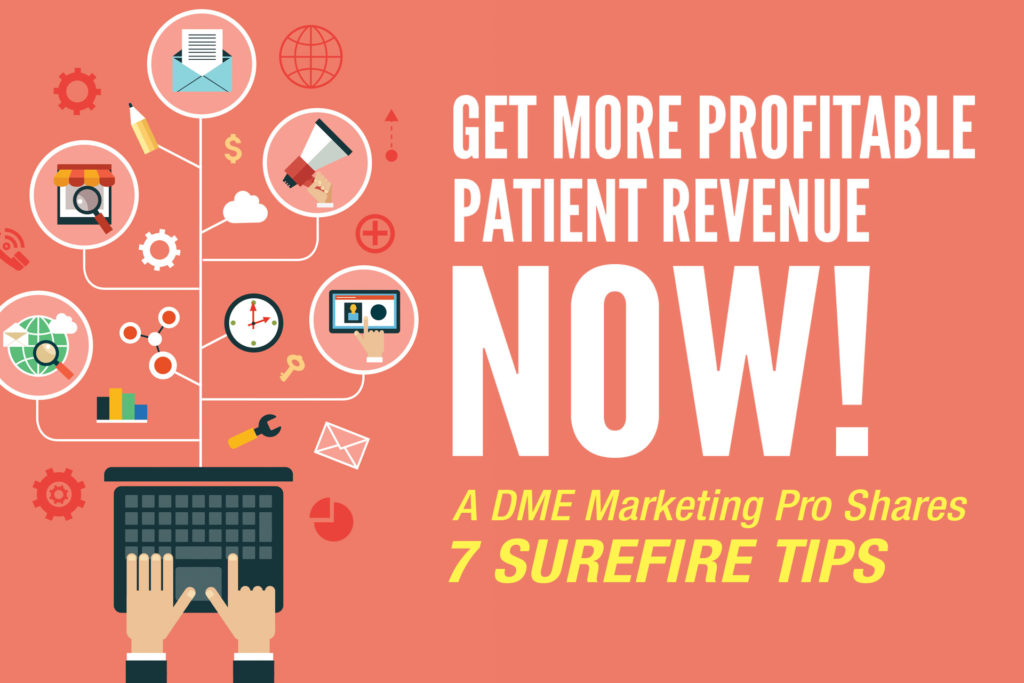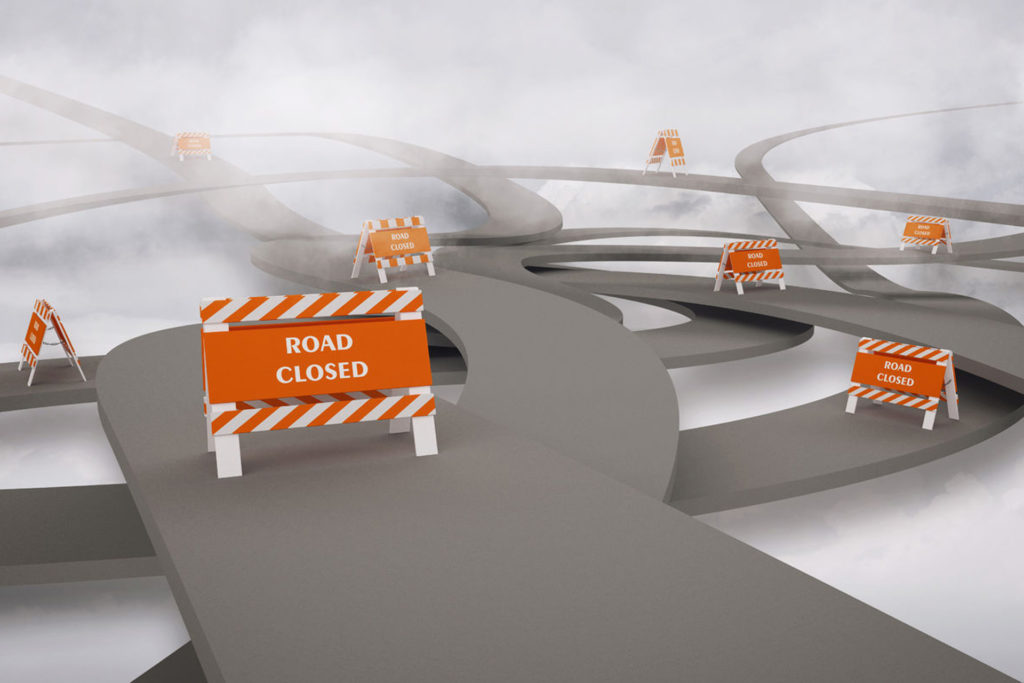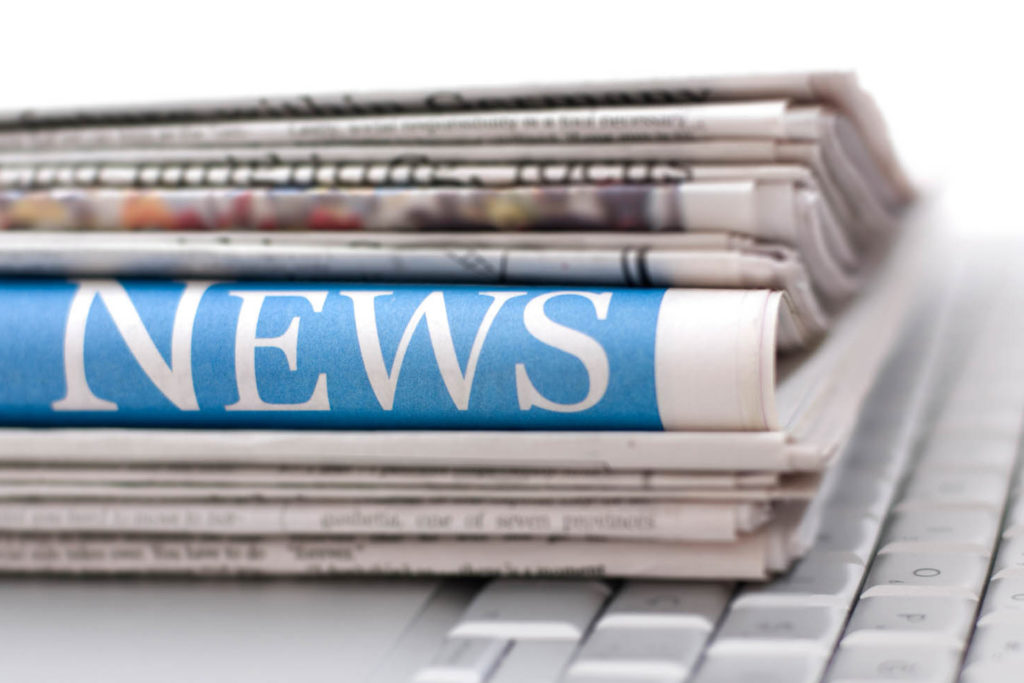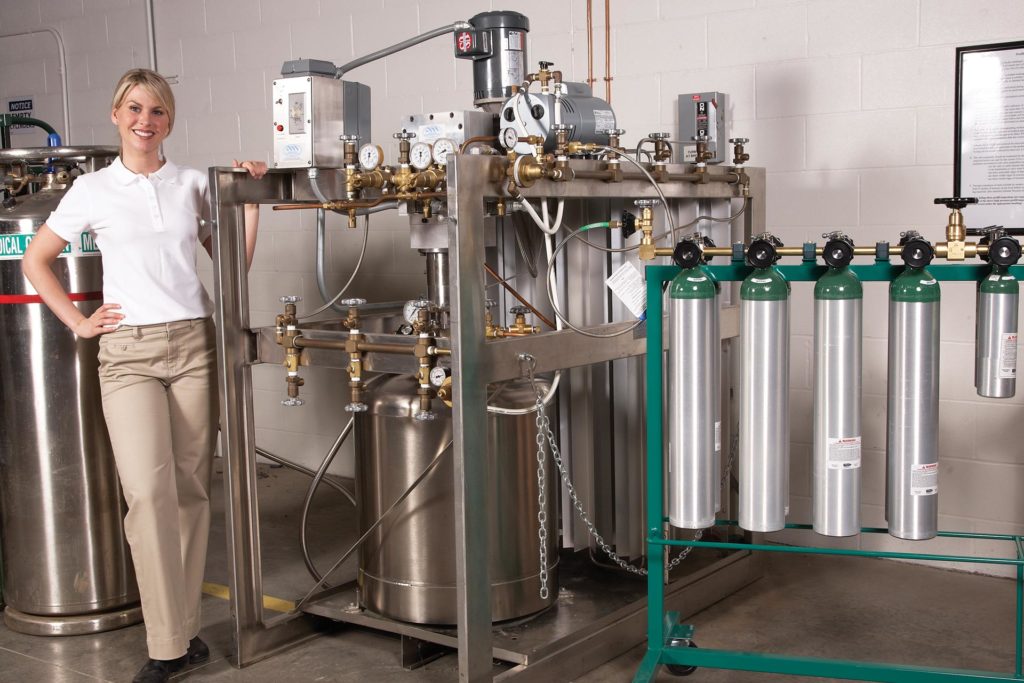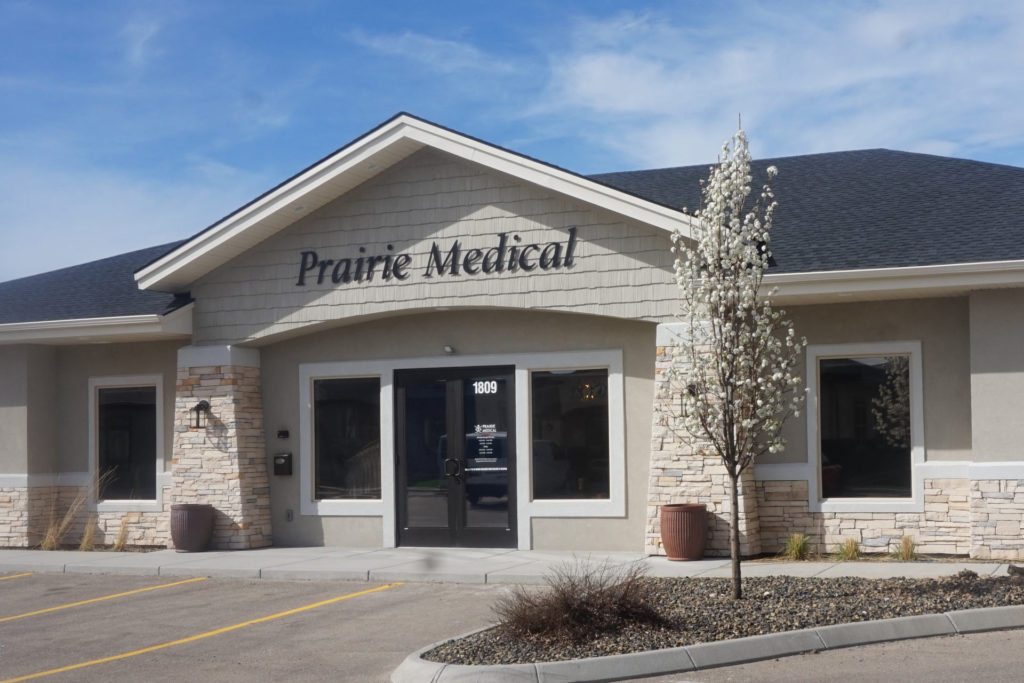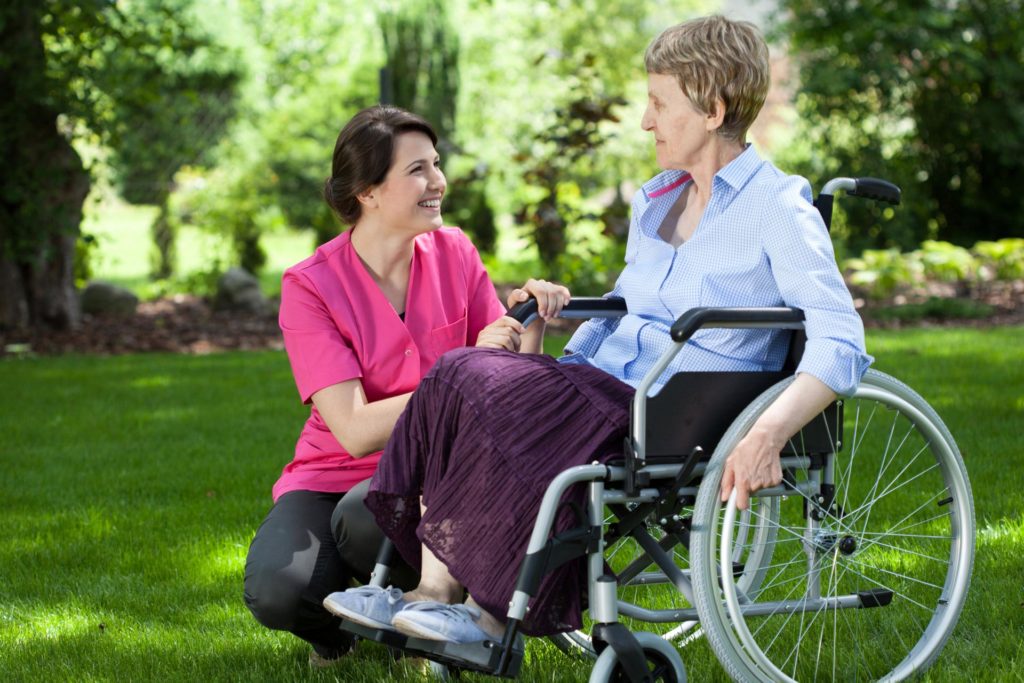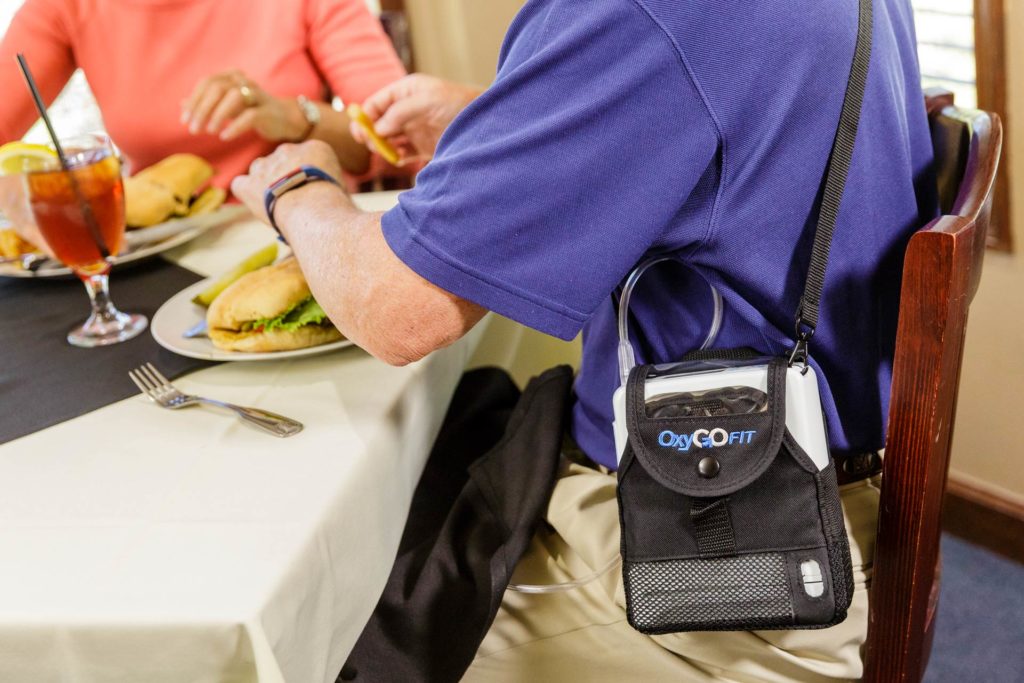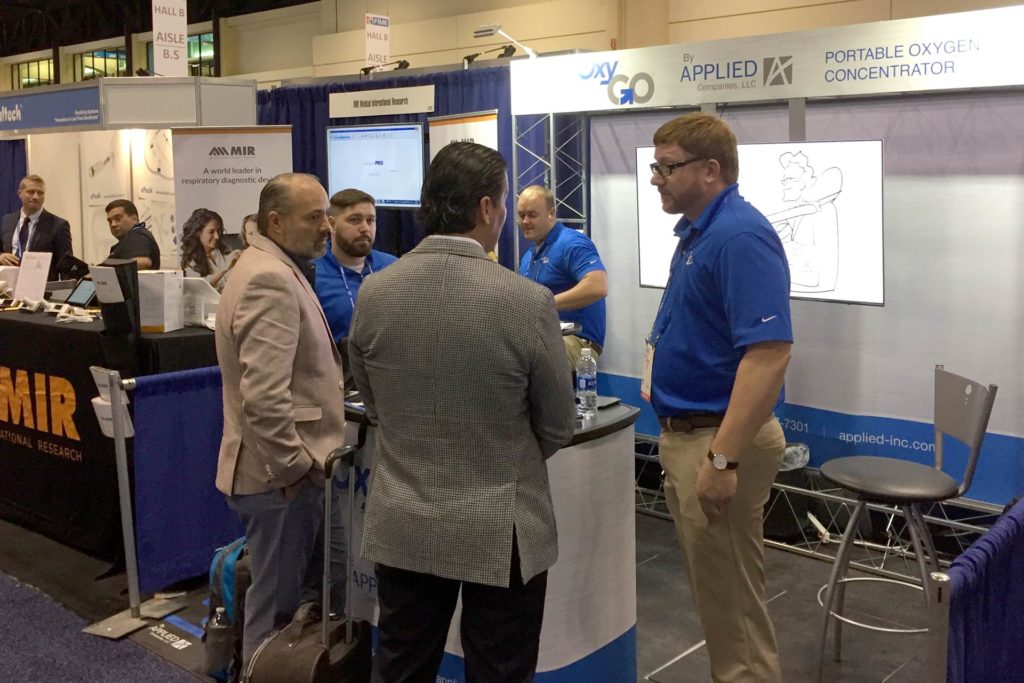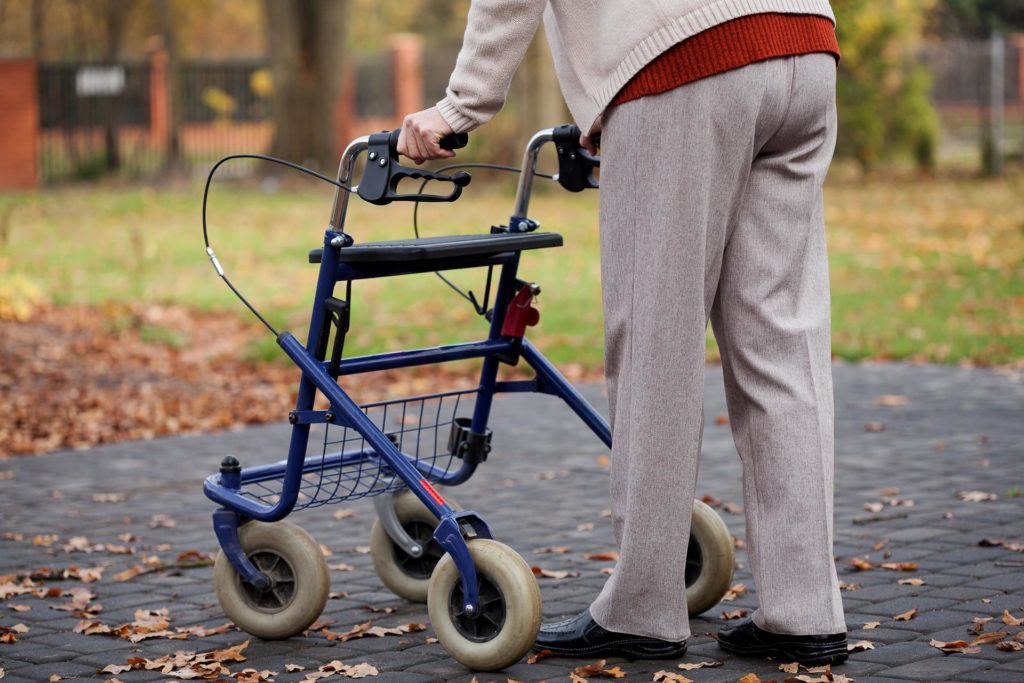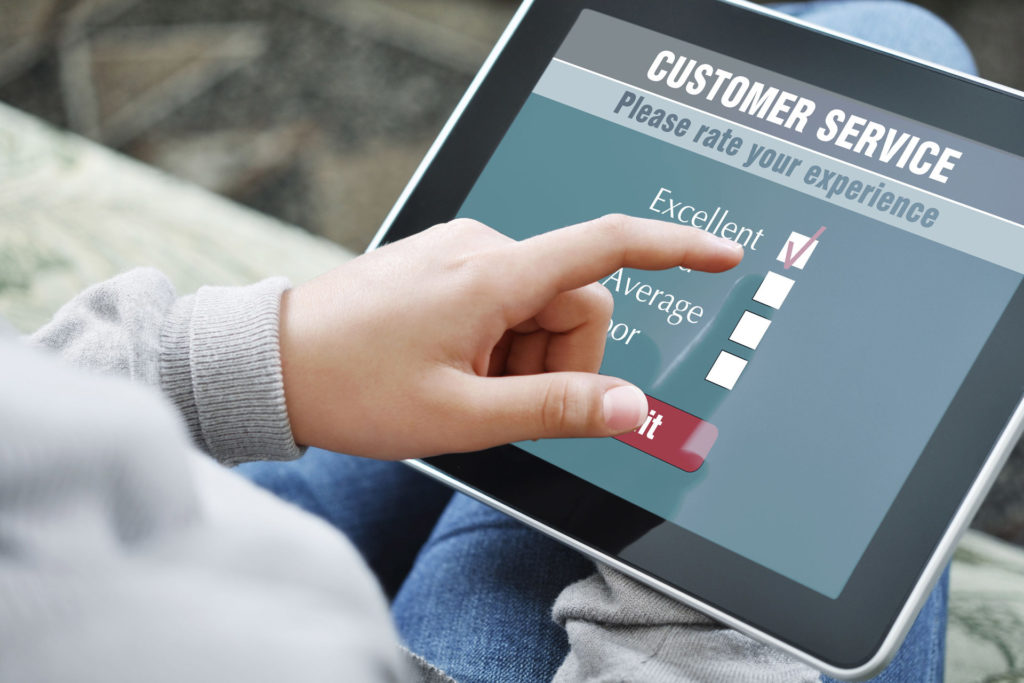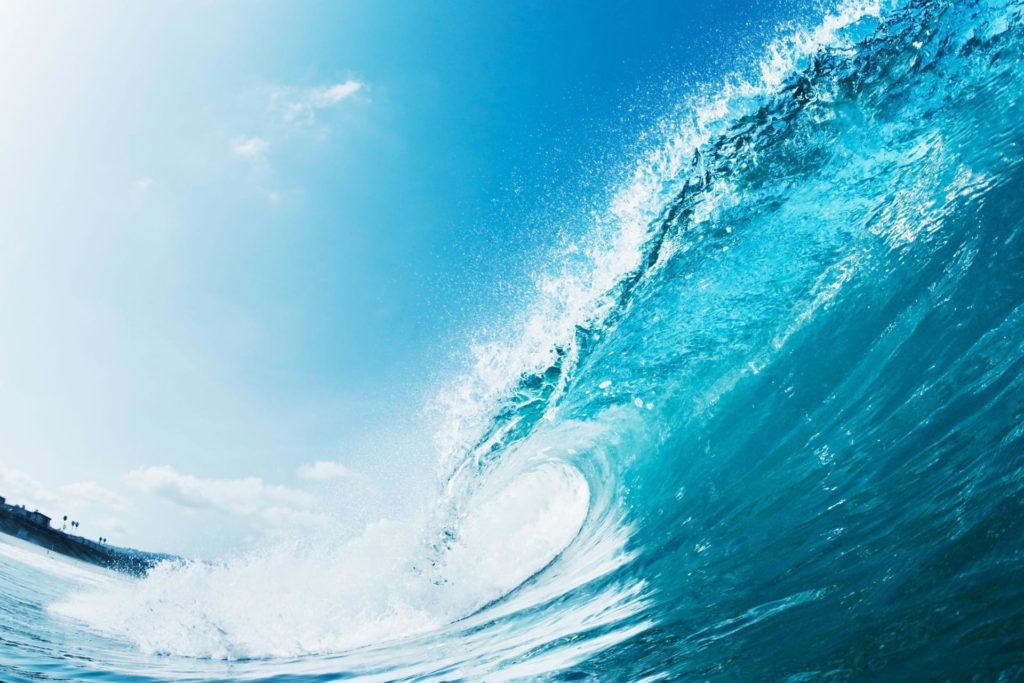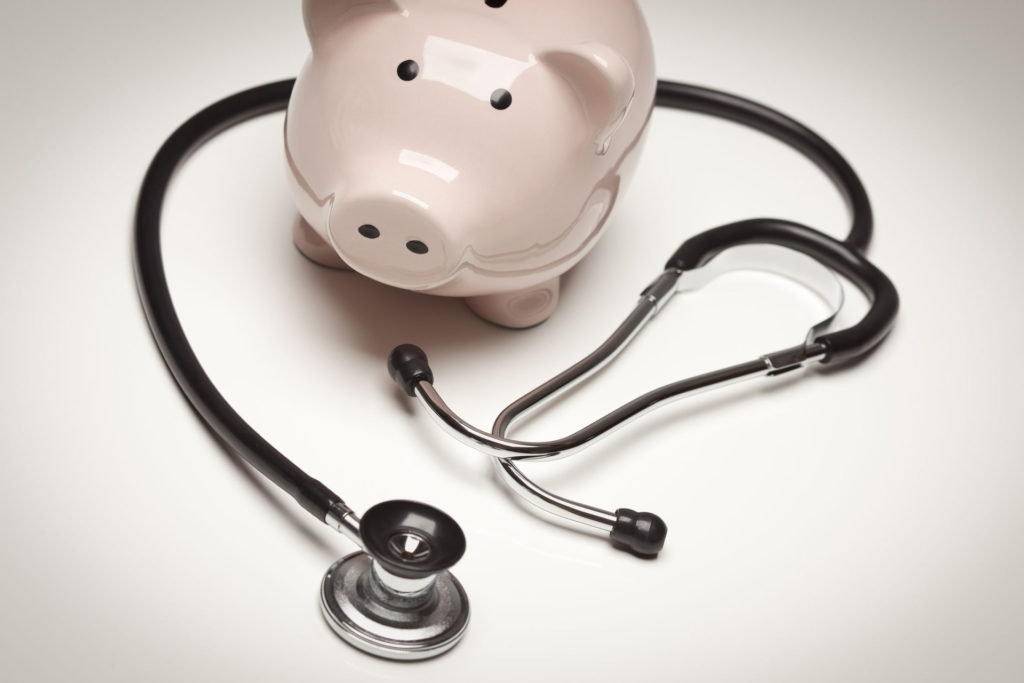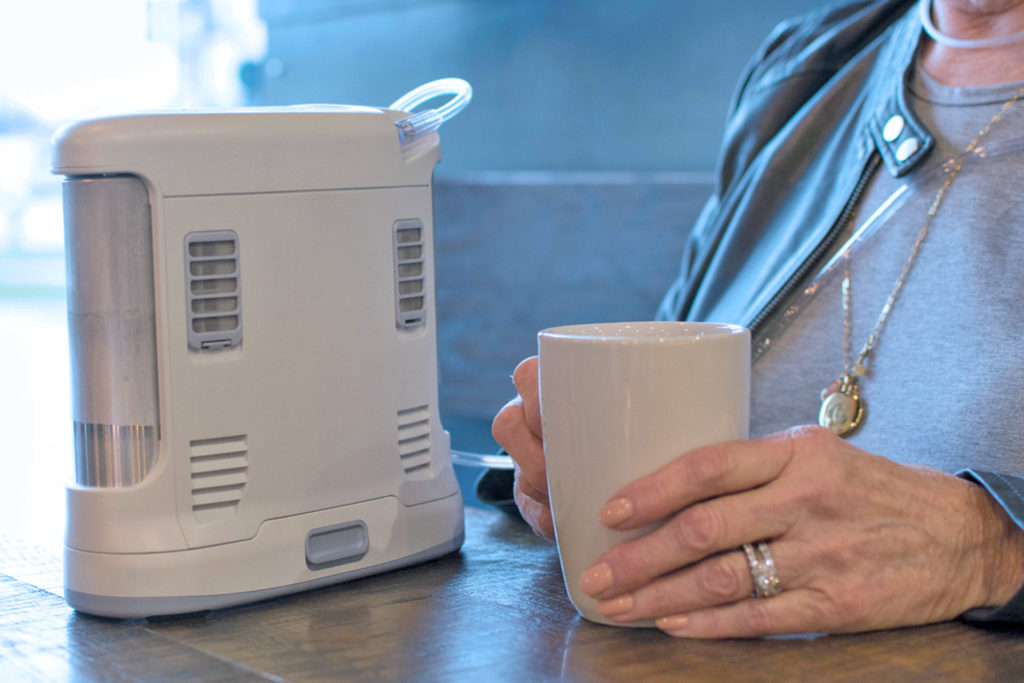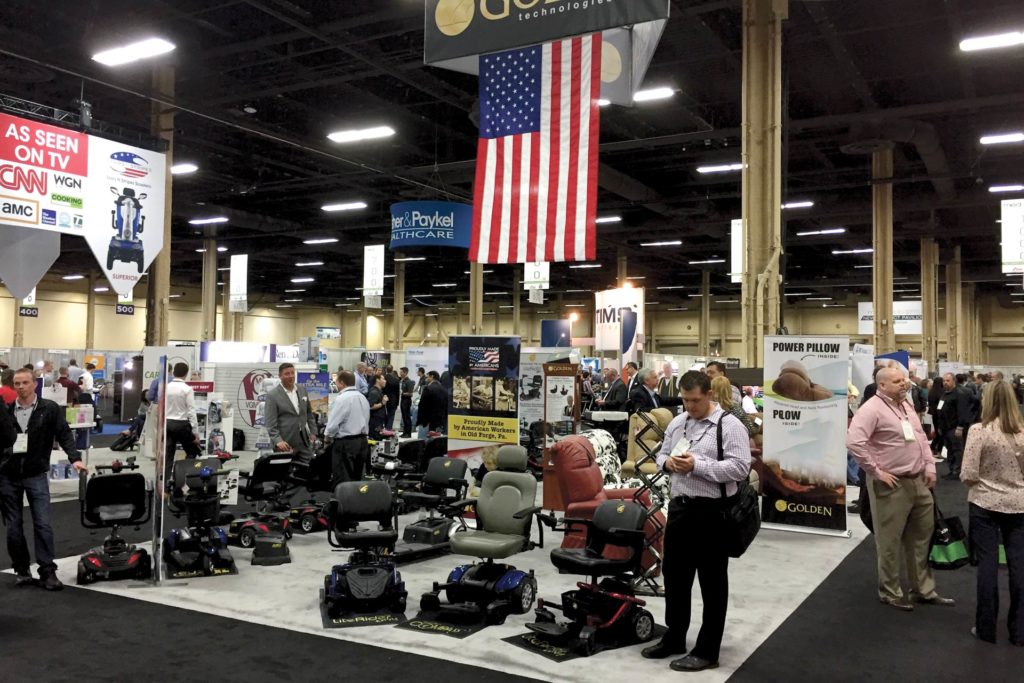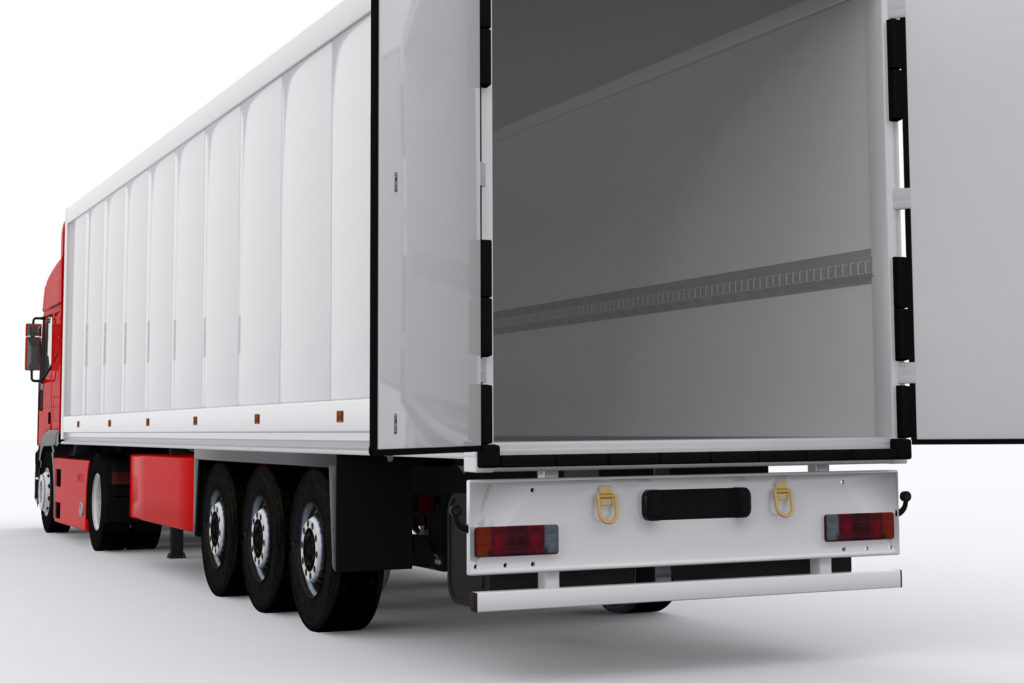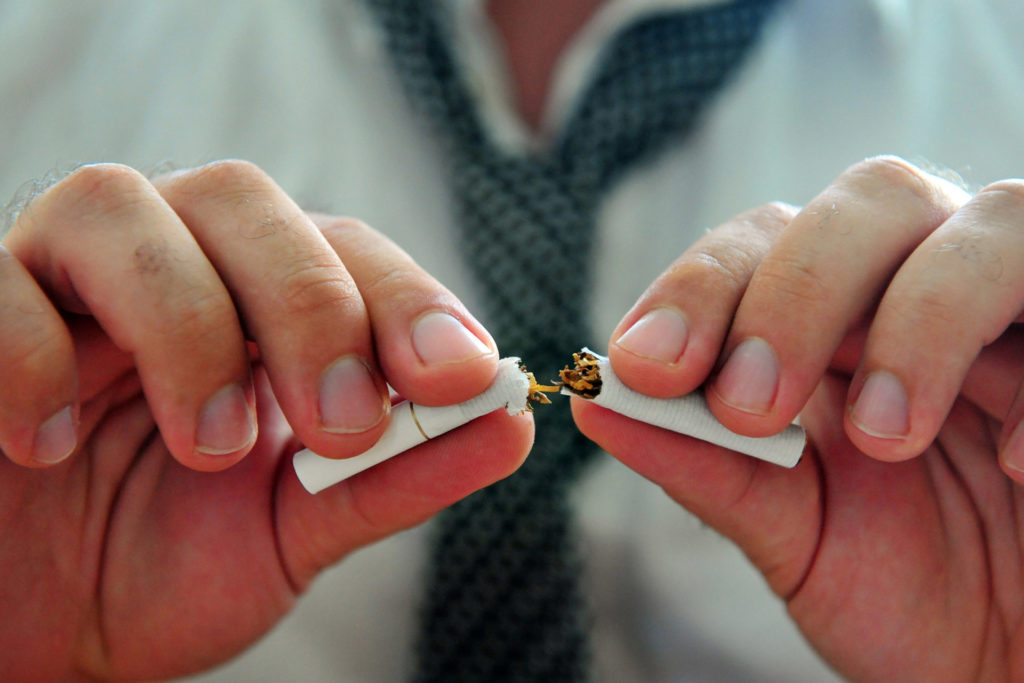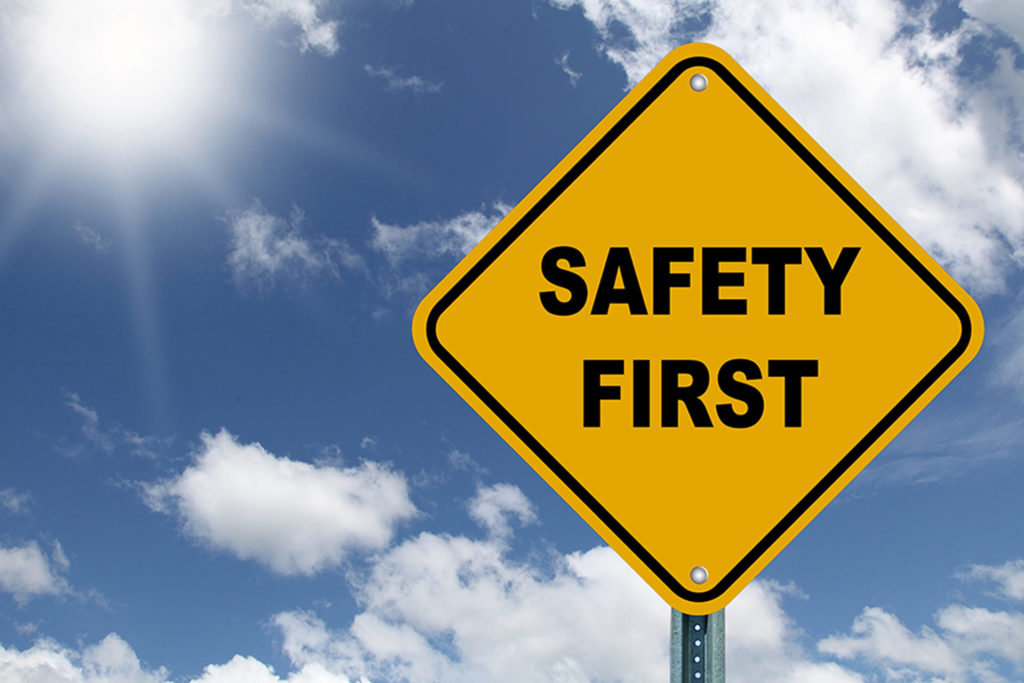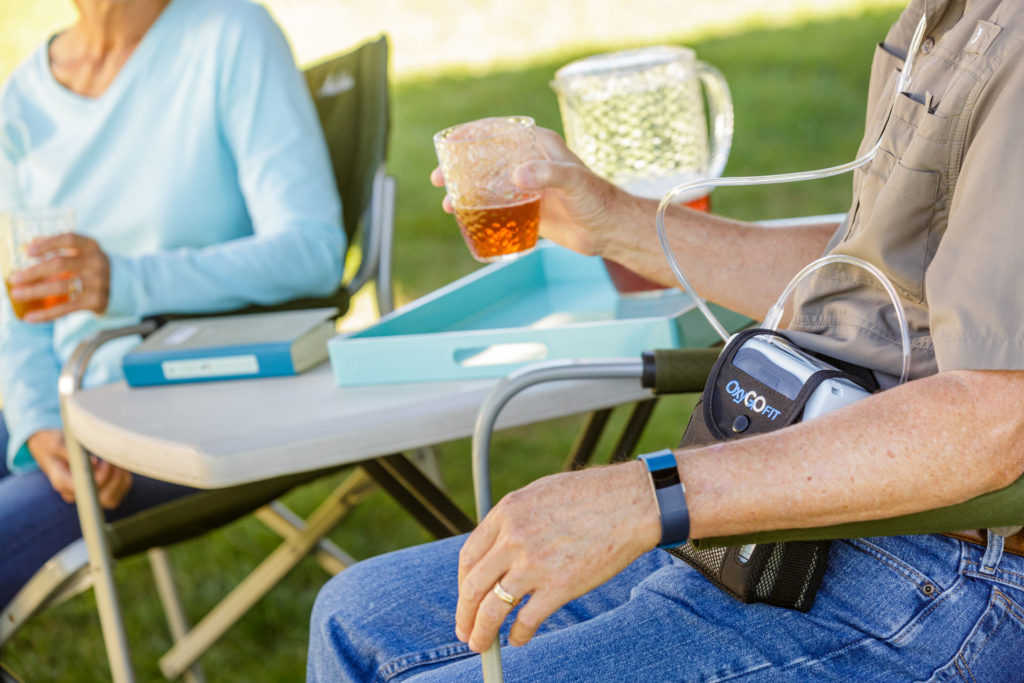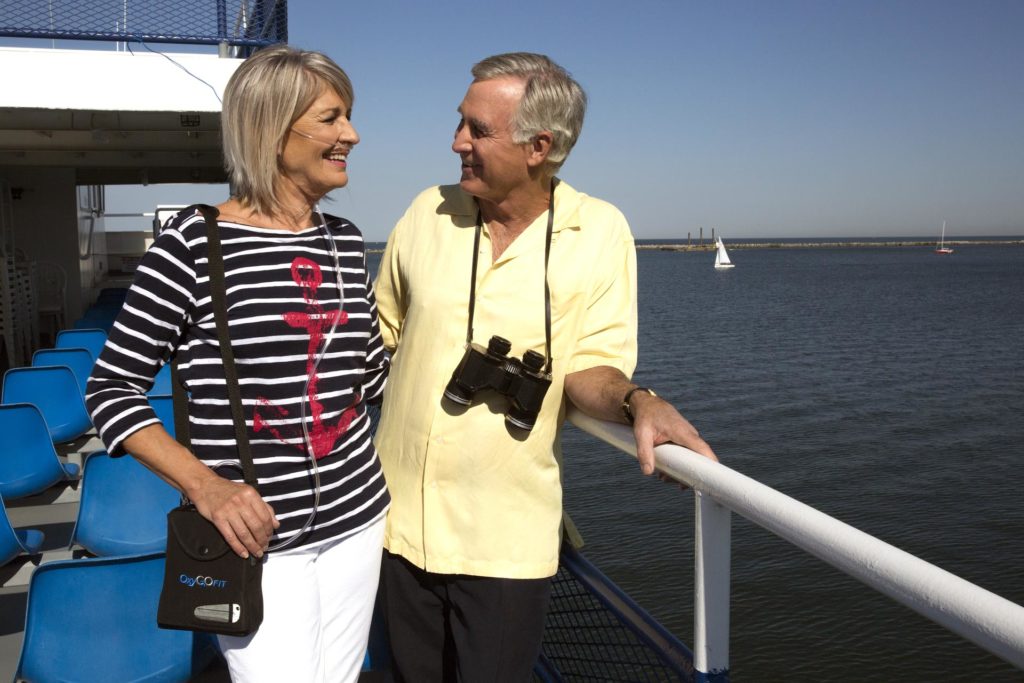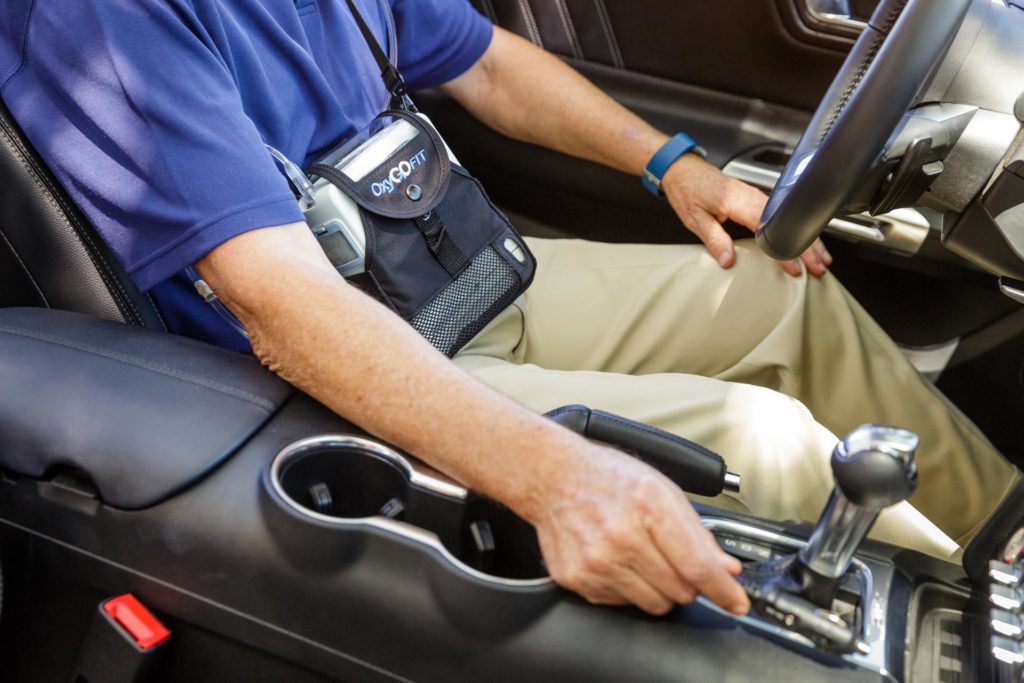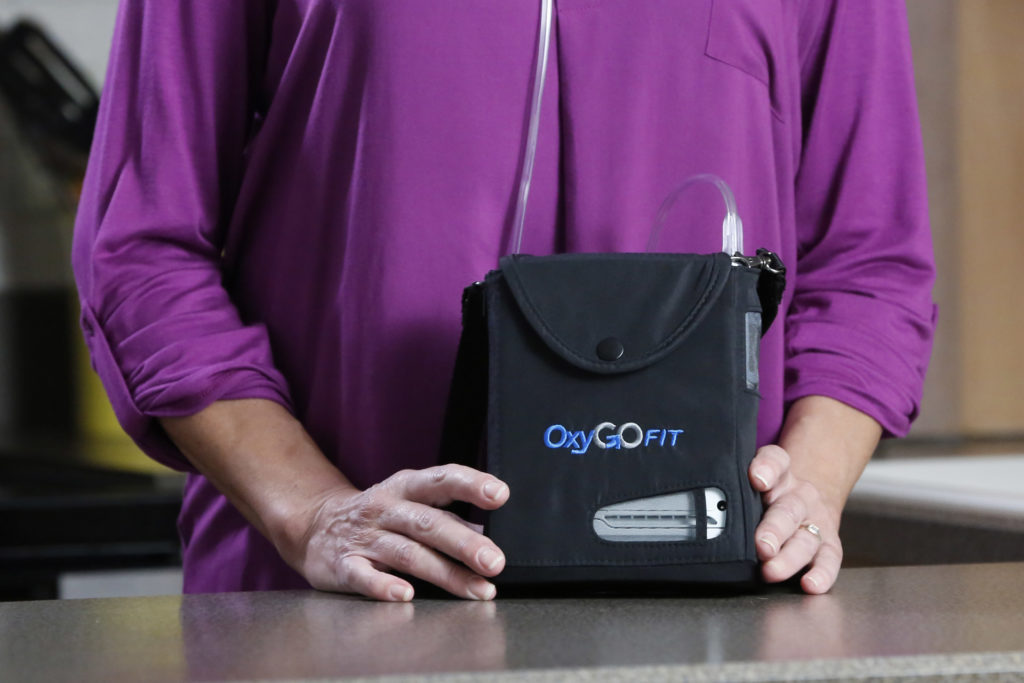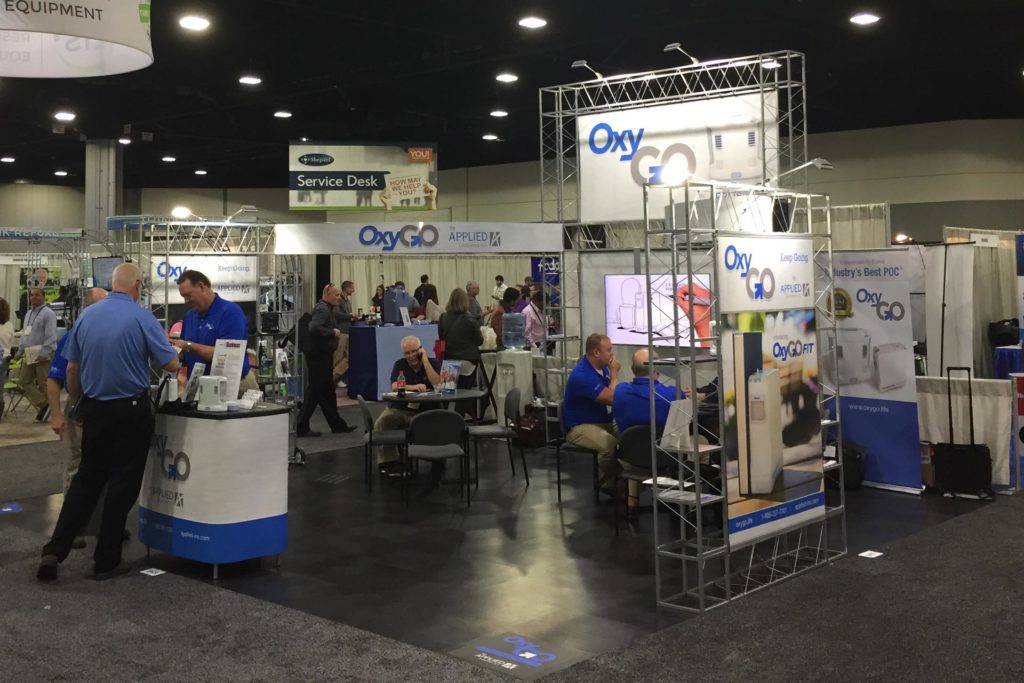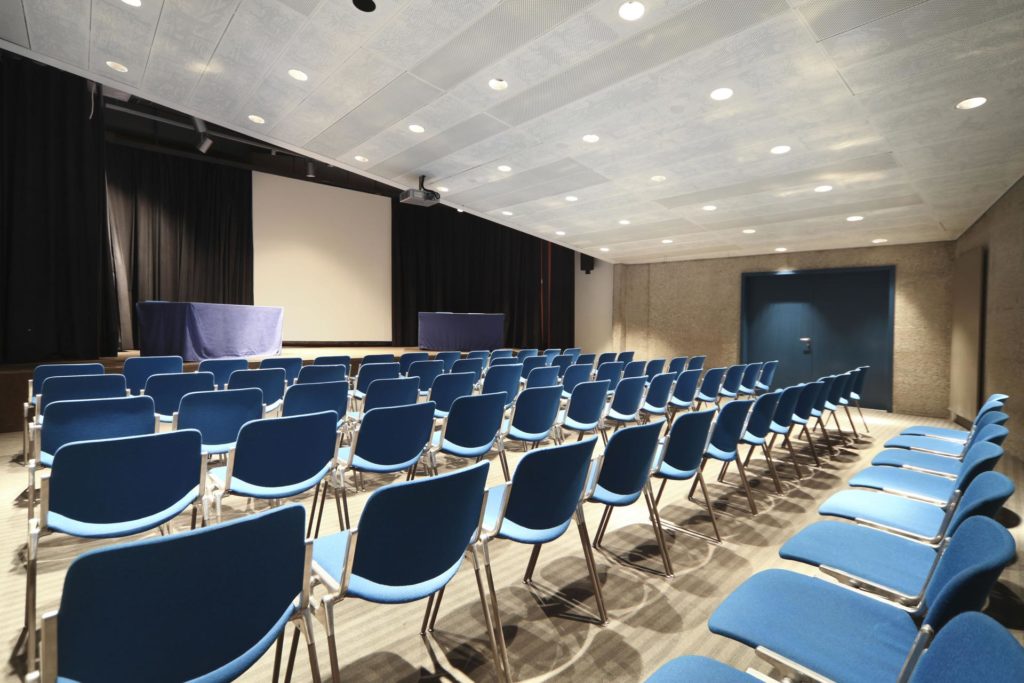Category: Timely Topic
COVID-19 Resources: Keep It Clean
With the number of maintenance chemicals and standards out there, it can be a little overwhelming trying to figure out what's the right chemical to use on your equipment. There are two types of cleaning that are pertinent for oxygen equipment, cleaning and disinfecting with oxygen compatible cleaners and cleaning equipment for oxygen service. 1. Cleaning with oxygen-compatible cleaners Oxygen can react with any residue, particles, dirt, oil, grease or other contaminants that are left on the surface of equipment which is in direct contact with oxygen, such as the cylinder valve or surface. The body of a cylinder or a regulator for example, should be cleaned with chemicals that will leave no residue behind that may cause an interaction with oxygen that may result in combustion. 2. Cleaning equipment for oxygen service Surfaces that come into direct contact with oxygen, such as the valve opening on a cylinder, the inside of a cylinder or an oxygen connection must not only be cleaned with an oxygen compatible cleaner, but also with special equipment and processes to ensure that the surface has no particles left behind. If there are even small particles on the wetted surfaces such as the valve, the speed of the oxygen flowing through the valve, could ignite the particles. The
How the New Tax Code Affects Home Healthcare Providers
President Trump’s new tax law went into effect this year, boosting take home pay for about 90% of Americans. The amount of the increase varied based on projected income. For example, for a single person who does not have children, is not a homeowner and is making a salary of $29,900 a year, the increase per paycheck was about $19. (This assumes 26 paychecks per year.) At $50,000 it was about $52 per paycheck. At $61,000, about $65 per paycheck, and at $85,000, about $90 per paycheck. Home HealthCare TODAY went behind the scenes to talk with Eric Smith, an IRS spokesperson, about the impact of the new tax code on DMEs and HMEs. We were interested in learning more about the following: what deductions are allowed for individuals and businesses; whether there is a tax advantage for offering an HSA (healthcare savings account) insurance plan to employees; the 2018 state of Obamacare/ACA; any tax benefits that might be available from financing medical equipment vs. using insurance; other aspects of the new tax code that DMEs/HMEs would find beneficial to know. Here is that interview. HHCT: From the perspectives of a DME business owner, the home healthcare equipment dealer, and also their customers, what is the impact of the new tax law? Eric: ULA, the new tax law, from the business side, certainly did an important thing in that, if you have a t
Booming Business
Forget, for a moment, the problems caused by Competitive Bidding and shrinking government reimbursements. Think, instead, of the glass being half full—think of the surging market that should be swirling around every DME/HME. Listen to the voices of the baby boomers and those thinking about retirement and be prepared to tap into the incredible market they represent. According to Nielson, no group in America has more disposable income. It has been estimated that America’s 75 million baby boomers, between the ages of 52 and 70, control about 70 percent of all disposable income in the U.S., according to Nielson. On top of that, boomers are expected to inherit as much as $15 trillion dollars over the next 18-20 years. Now that’s real spending power! Studies show they are going to spend that money in a lot of ways. Most significantly, boomers will shell out huge amounts for healthcare, travel, entertainment and dining out. They will spend less on cars and on new clothing. They will spend more on healthcare to keep them going over anything else. This is one reason you should stock up on products like OxyGo® POCs. They allow your patients to do more and enjoy life—leaving bulky oxygen tanks behind. And that’s what many of your current and future patients most want and are willing to use big chunks of their disposable income to
Planning for Long-Term Care: The Time is NOW
The population is aging, and as more people move closer to retirement and beyond, the importance of planning for long-term care has never been more important. Unfortunately, it is often a topic that is underestimated at best, and avoided at worst. There are 78 million baby boomers (those born between 1946 and 1964), which translates to a retirement rate of 10,000 people each day. Many of these baby boomers understand the importance of planning for retirement, offering investment options such as 401(k)s, IRAs and CDs, to name a few. But too often, planning for and investing in long-term care is overlooked, and that can lead to disastrous results for your nest egg. The cost of long-term care is trending upward, due to both a general increase in demand as well as a reduction in federal support. To share a few numbers: Total healthcare spending in the U.S. made up more than 17% of our gross domestic product. That adds up to more than three trillion dollars per year spent on healthcare. In addition, since 1996 the December to December price increase outside of healthcare has averaged 2.2%, while the price increase for medical care has averaged 3.6%. Understandably, many Americans are not confident that they will ever be able to save enough to allow for the level of care they could someday require, or they are underestimating just how costly it can be. But this is no reason to turn a blind
Staying Safe in Public Places
Before I started my own business I was a cop in the Cleveland, Ohio area. Police officers are trained to deal with horrible accidents, victims of crime and malicious criminals. My training was extensive and challenging. I handled it well. But nothing could have prepared me—even my military service before becoming a police officer—to deal unemotionally with the October, 2017 shooting tragedy in Las Vegas. That event makes us all wonder how we and our loved ones can be safer in public places. The great orator, writer, and abolitionist Wendell Phillips (1811-1884) was on target when he said, “Eternal vigilance is the price of liberty.” He would be equally well spoken today to say, “Eternal vigilance is the price of personal safety.” The only real defense against bad guys is to stay alert and on the lookout at all times. Put safety first every time and be aware there are definite steps you can take to mitigate danger in public places. Here are safety tips I have gleaned from my police and military background. DON’T BE A VICTIM Victims don’t pay attention to their surroundings. They are daydreaming and ignore obvious danger signals. Put your head on a swivel, look around all the time. Criminals know there are only two kinds of people that look around all the time—and neither are good prey for them. The two types of people who look aroun
Lasting Impact
Many of us have enjoyed opportunities to visit Florida and other sunny destinations. Usually it’s a fun trip to soak up a great climate and to visit with great people. We all think of Miami and other warm weather spots as a kind of paradise, especially in January and February. But as we have recently seen from the hurricanes that savagely struck Texas, Florida and Puerto Rico… there is often a high price for living in these tropical wonderlands. Everyone appreciates the damage caused by high winds. But we should not forget those same winds also blow in high opportunities for fraud. The fraud comes in many different forms: charity fraud, Internet fraud, emergency assistance fraud. Recently I attended an FBI presentation that focused on cyber crime. It was a sobering reminder that American companies, citizens in every walk of life, and even children are the targets of adversaries, terrorists, criminals, and on-line predators. Natural disasters are particularly attractive to fraudsters. Here are a few common scams and what you can do to prevent them: POWER OUTAGES Power outages represent opportunities for fraudsters because the outage largely prevents you from being alerted to fraudulent access to your bank ATM accounts, credit cards, loans, re-routing of social security and other payments such as ACH and wire transfers. Never assume because your electricity is out that th
From the Corner Office
The late great St. Louis Cardinal’s Hall-of-Fame pitcher Dizzy Dean once reportedly said: “It ain’t braggin’ if ya’ can back it up.” Well, in this case I can back it up, so I hope it doesn’t come across as bragging. I am excited because OxyGo® and the Applied Companies won a prestigious 2017 Weatherhead 100 Award this past November for the second consecutive year. It validates my belief we are on the right track in our efforts to enable you to serve the oxygen needs of your patients with the best and most reliable products to help them breath better and keep going. Weatherhead awards are presented each year to the fastest growing 100 companies in Northeast Ohio. They were based in 2017 on five year revenue growth from 2012 through 2016. Companies on the list must have had sales of at least $100,000 in 2012 plus a minimum of 16-full time employees and more than $1 million in sales in 2016. Much has changed since the Weatherhead 100 debuted in 1988 when Ronald Reagan was president. The Dow Jones closed that year at 2,168 and interest rates were close to 11%. Progressive Insurance ranked 27th on the list with $1 billion in sales. The Mayfield Heights, OH based company did $23 billion in sales last year. Nordson was 89th on the list in 1988 and in 2011 built a new LEED-certified green headquarters near our
A DME Holiday Wish List
“Be careful what you wish for, it might just come true.” … We’ve all heard that warning from time to time. With the holiday season here and lots of gifts being exchanged, we asked four DMEs what industry “presents” they would like to open if opening those gifts contained wishes that would come true in 2018. Here are the gifts at the top of their lists. “I would love to open a gift that contains the future of the industry as it will be in 125 years. I would love to open a gift where providers are more forward thinking. The industry is full of great opportunities, even in the volatile environment that currently exists. I believe the provider community has the ability to control the outcome of our future if we can embrace effective change. A more obvious response would be the gift that contains my notice that the “Competitive Bid” program is terminated and we will go back to the 2015 Medicare fee schedules.” ~ LISA WELLS | Director of Compliance, Med-South, Inc. • Birmingham, AL “I would like to open up presents that help us grow e-commerce in 2018 and also find a new location with a show room for displaying our retail products such as wheelchairs and mobility products. I would also like to see more friendly insurances from Medicare and the like, many are not friendly to
Fighting Back
On September 10th the eye of Hurricane Irma crossed over Cudjoe Key, not far from Key West, FL and about 70 miles south of Tavernier in the Upper Keys. It was an extremely powerful Cape Verde type hurricane with 135 mph winds and was the first hurricane to hit the Florida Keys in fifty years. By the evening of September 8th, hundreds of thousands of Floridians had evacuated, some to as far north as Michigan or Canada… making it the largest evacuation in the state’s history. One who stayed was Roger De Armas, the owner of Medical Care Services, a DME with stores in Tavernier and Key West. He and his son, Roger Nick, evacuated from Tavernier only to shelter for a few days with family in Kendall, FL, farther north and inland, but only by about 35 miles. The storm blasted the Keys over a Saturday and Sunday and by Tuesday both Roger and Nick were back at the Tavernier store, cleaning up and doing their best to serve patients who had stayed. This is the story of how they coped and the impact of the hurricane on their DME business. Roger is a veteran in the home health care industry, having been a manager and owner of his own DME stores for more than 30 years in Sarasota, Orlando, Ft. Myers and Miami. He retired to Tavernier in 2013 but decided to open a store there, mainly for his son. By the end of 2013, father and son opened a second store in Key West. Their largest reve
Hurricane Update
Do you have patients who were impacted by either Hurricane Harvey or Hurricane Irma? Or were you directly impacted as a provider? If so, CMS has issued several waivers intended to prevent gaps in access to care for beneficiaries impacted by the storms. Providers do not need to apply for an individual waiver if a blanket waiver has been issued. Specific waivers granted are retroactive to beginning of the emergency, if warranted. Here is how CMS announced the waivers that apply to both hurricanes. As a result of Hurricanes Irma (and Harvey), CMS has determined it is appropriate to issue a blanket waiver to suppliers of Durable Medical Equipment, Prosthetics, Orthotics, and Supplies (DMEPOS) where DMEPOS is lost, destroyed, irreparably damaged, or otherwise rendered unusable. Under this waiver, the face-to-face requirement, a new physician’s order, and new medical necessity documentation are not required for replacement. Suppliers must still include a narrative description on the claim explaining the reason why the equipment must be replaced and are reminded to maintain documentation indicating that the DMEPOS was lost, destroyed, irreparably damaged or otherwise rendered unusable as a result of these hurricanes. As a result of Hurricane Irma (and Harvey), CMS is temporarily extending the 10 business day deadline to provide notification of any subcontracting arrangements
Blog - Timely Topic
Category: Timely Topic
COVID-19 Resources: Keep It Clean
With the number of maintenance chemicals and standards out there, it can be a little overwhelming trying to figure out what's the right chemical to use on your equipment. There are two types of cleaning that are pertinent for oxygen equipment, cleaning and disinfecting with oxygen compatible cleaners and cleaning equipment for oxygen service. 1. Cleaning with oxygen-compatible cleaners Oxygen can react with any residue, particles, dirt, oil, grease or other contaminants that are left on the surface of equipment which is in direct contact with oxygen, such as the cylinder valve or surface. The body of a cylinder or a regulator for example, should be cleaned with chemicals that will leave no residue behind that may cause an interaction with oxygen that may result in combustion. 2. Cleaning equipment for oxygen service Surfaces that come into direct contact with oxygen, such as the valve opening on a cylinder, the inside of a cylinder or an oxygen connection must not only be cleaned with an oxygen compatible cleaner, but also with special equipment and processes to ensure that the surface has no particles left behind. If there are even small particles on the wetted surfaces such as the valve, the speed of the oxygen flowing through the valve, could ignite the particles. The
How the New Tax Code Affects Home Healthcare Providers
President Trump’s new tax law went into effect this year, boosting take home pay for about 90% of Americans. The amount of the increase varied based on projected income. For example, for a single person who does not have children, is not a homeowner and is making a salary of $29,900 a year, the increase per paycheck was about $19. (This assumes 26 paychecks per year.) At $50,000 it was about $52 per paycheck. At $61,000, about $65 per paycheck, and at $85,000, about $90 per paycheck. Home HealthCare TODAY went behind the scenes to talk with Eric Smith, an IRS spokesperson, about the impact of the new tax code on DMEs and HMEs. We were interested in learning more about the following: what deductions are allowed for individuals and businesses; whether there is a tax advantage for offering an HSA (healthcare savings account) insurance plan to employees; the 2018 state of Obamacare/ACA; any tax benefits that might be available from financing medical equipment vs. using insurance; other aspects of the new tax code that DMEs/HMEs would find beneficial to know. Here is that interview. HHCT: From the perspectives of a DME business owner, the home healthcare equipment dealer, and also their customers, what is the impact of the new tax law? Eric: ULA, the new tax law, from the business side, certainly did an important thing in that, if you have a t
Booming Business
Forget, for a moment, the problems caused by Competitive Bidding and shrinking government reimbursements. Think, instead, of the glass being half full—think of the surging market that should be swirling around every DME/HME. Listen to the voices of the baby boomers and those thinking about retirement and be prepared to tap into the incredible market they represent. According to Nielson, no group in America has more disposable income. It has been estimated that America’s 75 million baby boomers, between the ages of 52 and 70, control about 70 percent of all disposable income in the U.S., according to Nielson. On top of that, boomers are expected to inherit as much as $15 trillion dollars over the next 18-20 years. Now that’s real spending power! Studies show they are going to spend that money in a lot of ways. Most significantly, boomers will shell out huge amounts for healthcare, travel, entertainment and dining out. They will spend less on cars and on new clothing. They will spend more on healthcare to keep them going over anything else. This is one reason you should stock up on products like OxyGo® POCs. They allow your patients to do more and enjoy life—leaving bulky oxygen tanks behind. And that’s what many of your current and future patients most want and are willing to use big chunks of their disposable income to
Planning for Long-Term Care: The Time is NOW
The population is aging, and as more people move closer to retirement and beyond, the importance of planning for long-term care has never been more important. Unfortunately, it is often a topic that is underestimated at best, and avoided at worst. There are 78 million baby boomers (those born between 1946 and 1964), which translates to a retirement rate of 10,000 people each day. Many of these baby boomers understand the importance of planning for retirement, offering investment options such as 401(k)s, IRAs and CDs, to name a few. But too often, planning for and investing in long-term care is overlooked, and that can lead to disastrous results for your nest egg. The cost of long-term care is trending upward, due to both a general increase in demand as well as a reduction in federal support. To share a few numbers: Total healthcare spending in the U.S. made up more than 17% of our gross domestic product. That adds up to more than three trillion dollars per year spent on healthcare. In addition, since 1996 the December to December price increase outside of healthcare has averaged 2.2%, while the price increase for medical care has averaged 3.6%. Understandably, many Americans are not confident that they will ever be able to save enough to allow for the level of care they could someday require, or they are underestimating just how costly it can be. But this is no reason to turn a blind
Staying Safe in Public Places
Before I started my own business I was a cop in the Cleveland, Ohio area. Police officers are trained to deal with horrible accidents, victims of crime and malicious criminals. My training was extensive and challenging. I handled it well. But nothing could have prepared me—even my military service before becoming a police officer—to deal unemotionally with the October, 2017 shooting tragedy in Las Vegas. That event makes us all wonder how we and our loved ones can be safer in public places. The great orator, writer, and abolitionist Wendell Phillips (1811-1884) was on target when he said, “Eternal vigilance is the price of liberty.” He would be equally well spoken today to say, “Eternal vigilance is the price of personal safety.” The only real defense against bad guys is to stay alert and on the lookout at all times. Put safety first every time and be aware there are definite steps you can take to mitigate danger in public places. Here are safety tips I have gleaned from my police and military background. DON’T BE A VICTIM Victims don’t pay attention to their surroundings. They are daydreaming and ignore obvious danger signals. Put your head on a swivel, look around all the time. Criminals know there are only two kinds of people that look around all the time—and neither are good prey for them. The two types of people who look aroun
Lasting Impact
Many of us have enjoyed opportunities to visit Florida and other sunny destinations. Usually it’s a fun trip to soak up a great climate and to visit with great people. We all think of Miami and other warm weather spots as a kind of paradise, especially in January and February. But as we have recently seen from the hurricanes that savagely struck Texas, Florida and Puerto Rico… there is often a high price for living in these tropical wonderlands. Everyone appreciates the damage caused by high winds. But we should not forget those same winds also blow in high opportunities for fraud. The fraud comes in many different forms: charity fraud, Internet fraud, emergency assistance fraud. Recently I attended an FBI presentation that focused on cyber crime. It was a sobering reminder that American companies, citizens in every walk of life, and even children are the targets of adversaries, terrorists, criminals, and on-line predators. Natural disasters are particularly attractive to fraudsters. Here are a few common scams and what you can do to prevent them: POWER OUTAGES Power outages represent opportunities for fraudsters because the outage largely prevents you from being alerted to fraudulent access to your bank ATM accounts, credit cards, loans, re-routing of social security and other payments such as ACH and wire transfers. Never assume because your electricity is out that th
From the Corner Office
The late great St. Louis Cardinal’s Hall-of-Fame pitcher Dizzy Dean once reportedly said: “It ain’t braggin’ if ya’ can back it up.” Well, in this case I can back it up, so I hope it doesn’t come across as bragging. I am excited because OxyGo® and the Applied Companies won a prestigious 2017 Weatherhead 100 Award this past November for the second consecutive year. It validates my belief we are on the right track in our efforts to enable you to serve the oxygen needs of your patients with the best and most reliable products to help them breath better and keep going. Weatherhead awards are presented each year to the fastest growing 100 companies in Northeast Ohio. They were based in 2017 on five year revenue growth from 2012 through 2016. Companies on the list must have had sales of at least $100,000 in 2012 plus a minimum of 16-full time employees and more than $1 million in sales in 2016. Much has changed since the Weatherhead 100 debuted in 1988 when Ronald Reagan was president. The Dow Jones closed that year at 2,168 and interest rates were close to 11%. Progressive Insurance ranked 27th on the list with $1 billion in sales. The Mayfield Heights, OH based company did $23 billion in sales last year. Nordson was 89th on the list in 1988 and in 2011 built a new LEED-certified green headquarters near our
A DME Holiday Wish List
“Be careful what you wish for, it might just come true.” … We’ve all heard that warning from time to time. With the holiday season here and lots of gifts being exchanged, we asked four DMEs what industry “presents” they would like to open if opening those gifts contained wishes that would come true in 2018. Here are the gifts at the top of their lists. “I would love to open a gift that contains the future of the industry as it will be in 125 years. I would love to open a gift where providers are more forward thinking. The industry is full of great opportunities, even in the volatile environment that currently exists. I believe the provider community has the ability to control the outcome of our future if we can embrace effective change. A more obvious response would be the gift that contains my notice that the “Competitive Bid” program is terminated and we will go back to the 2015 Medicare fee schedules.” ~ LISA WELLS | Director of Compliance, Med-South, Inc. • Birmingham, AL “I would like to open up presents that help us grow e-commerce in 2018 and also find a new location with a show room for displaying our retail products such as wheelchairs and mobility products. I would also like to see more friendly insurances from Medicare and the like, many are not friendly to
Fighting Back
On September 10th the eye of Hurricane Irma crossed over Cudjoe Key, not far from Key West, FL and about 70 miles south of Tavernier in the Upper Keys. It was an extremely powerful Cape Verde type hurricane with 135 mph winds and was the first hurricane to hit the Florida Keys in fifty years. By the evening of September 8th, hundreds of thousands of Floridians had evacuated, some to as far north as Michigan or Canada… making it the largest evacuation in the state’s history. One who stayed was Roger De Armas, the owner of Medical Care Services, a DME with stores in Tavernier and Key West. He and his son, Roger Nick, evacuated from Tavernier only to shelter for a few days with family in Kendall, FL, farther north and inland, but only by about 35 miles. The storm blasted the Keys over a Saturday and Sunday and by Tuesday both Roger and Nick were back at the Tavernier store, cleaning up and doing their best to serve patients who had stayed. This is the story of how they coped and the impact of the hurricane on their DME business. Roger is a veteran in the home health care industry, having been a manager and owner of his own DME stores for more than 30 years in Sarasota, Orlando, Ft. Myers and Miami. He retired to Tavernier in 2013 but decided to open a store there, mainly for his son. By the end of 2013, father and son opened a second store in Key West. Their largest reve
Hurricane Update
Do you have patients who were impacted by either Hurricane Harvey or Hurricane Irma? Or were you directly impacted as a provider? If so, CMS has issued several waivers intended to prevent gaps in access to care for beneficiaries impacted by the storms. Providers do not need to apply for an individual waiver if a blanket waiver has been issued. Specific waivers granted are retroactive to beginning of the emergency, if warranted. Here is how CMS announced the waivers that apply to both hurricanes. As a result of Hurricanes Irma (and Harvey), CMS has determined it is appropriate to issue a blanket waiver to suppliers of Durable Medical Equipment, Prosthetics, Orthotics, and Supplies (DMEPOS) where DMEPOS is lost, destroyed, irreparably damaged, or otherwise rendered unusable. Under this waiver, the face-to-face requirement, a new physician’s order, and new medical necessity documentation are not required for replacement. Suppliers must still include a narrative description on the claim explaining the reason why the equipment must be replaced and are reminded to maintain documentation indicating that the DMEPOS was lost, destroyed, irreparably damaged or otherwise rendered unusable as a result of these hurricanes. As a result of Hurricane Irma (and Harvey), CMS is temporarily extending the 10 business day deadline to provide notification of any subcontracting arrangements

